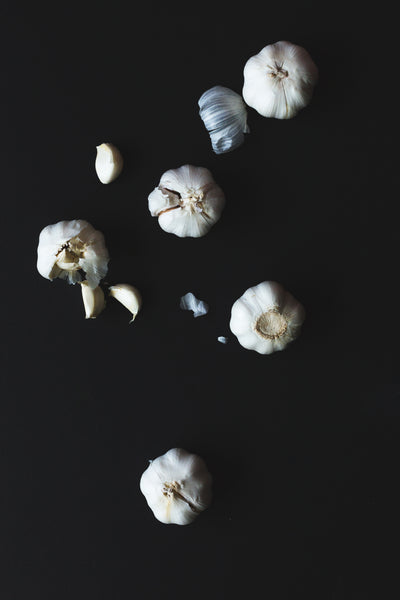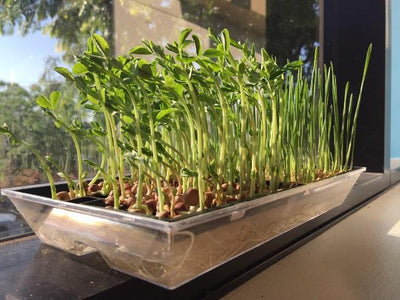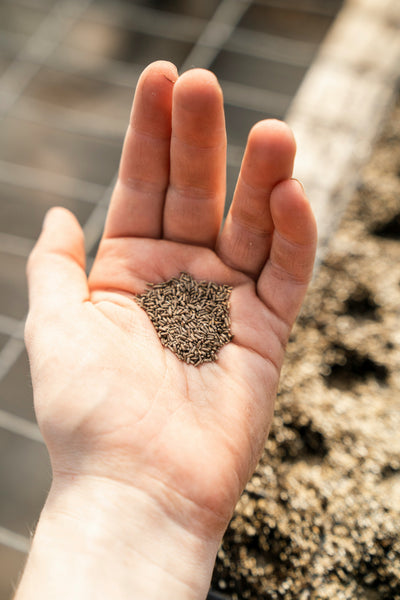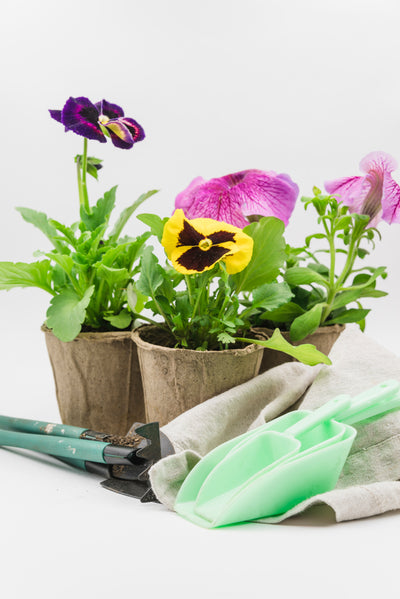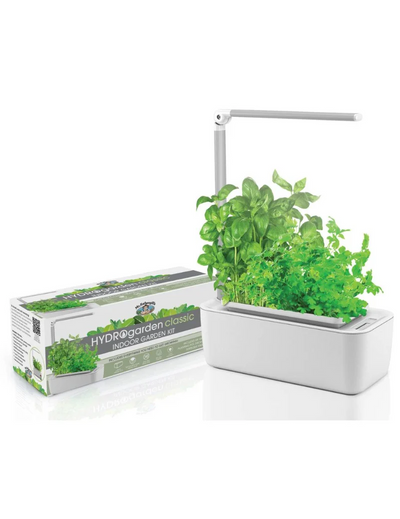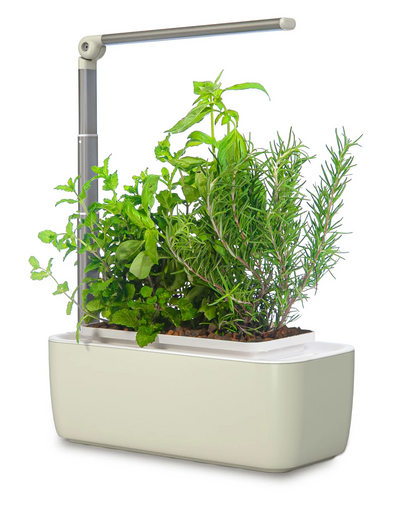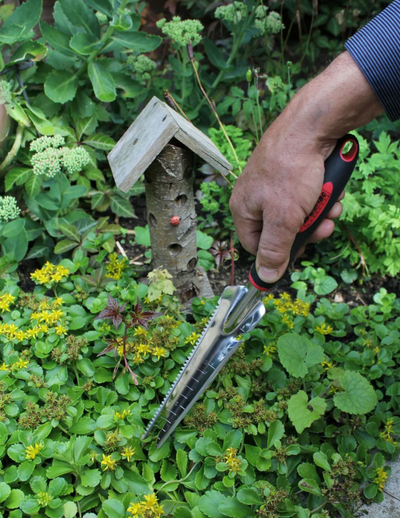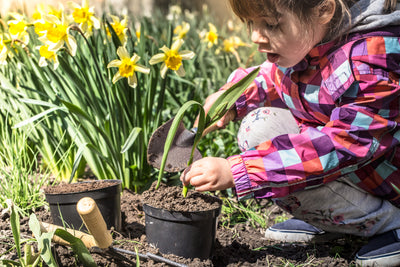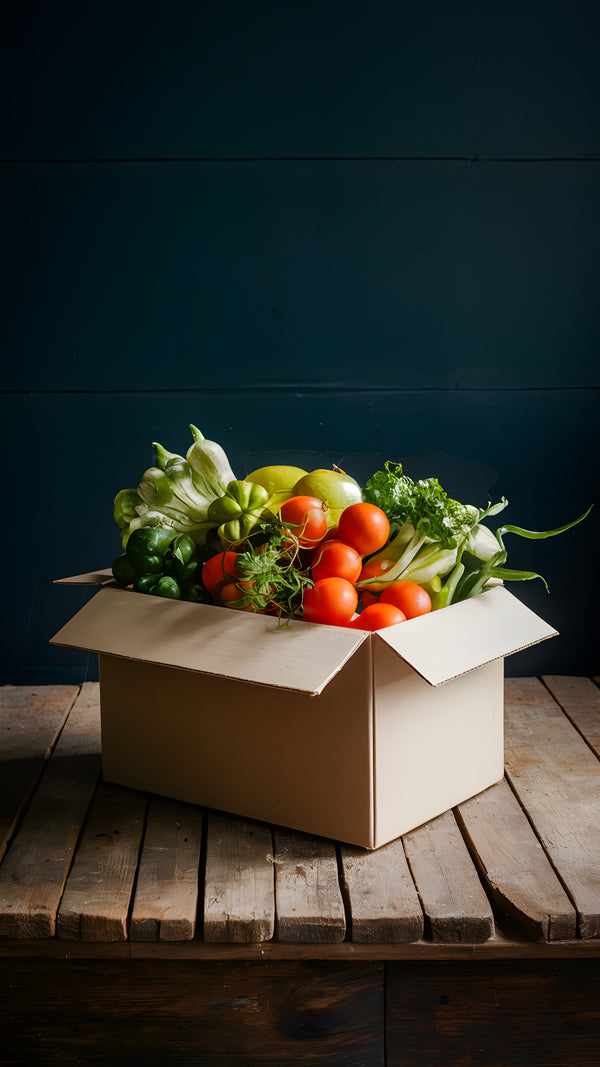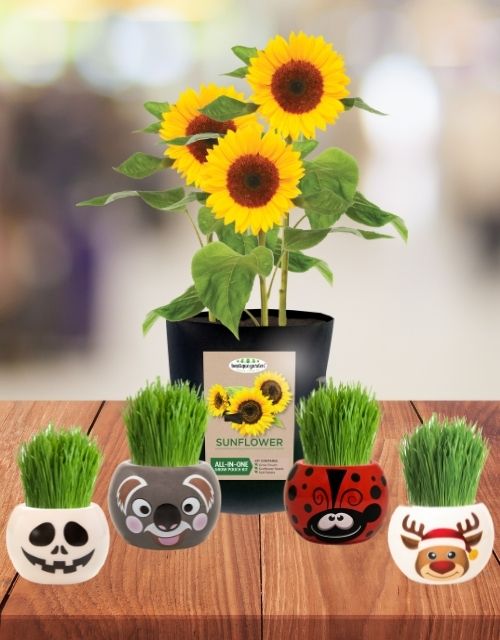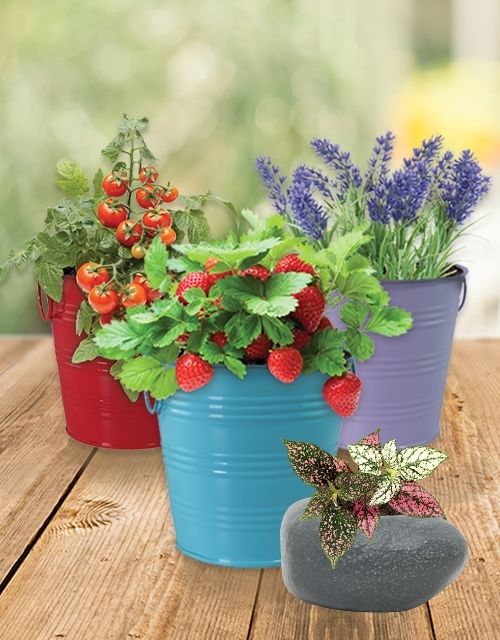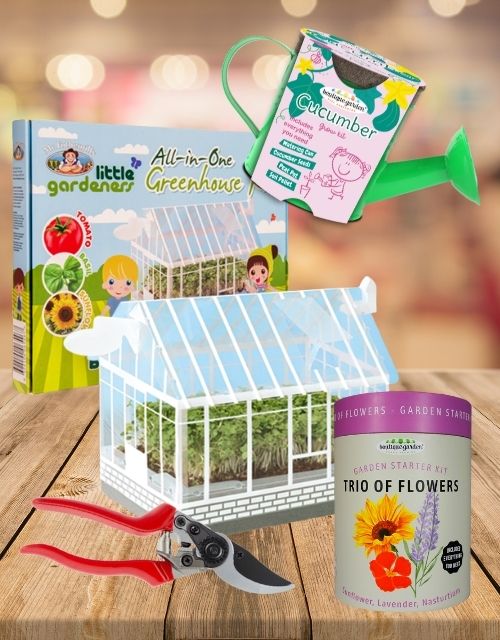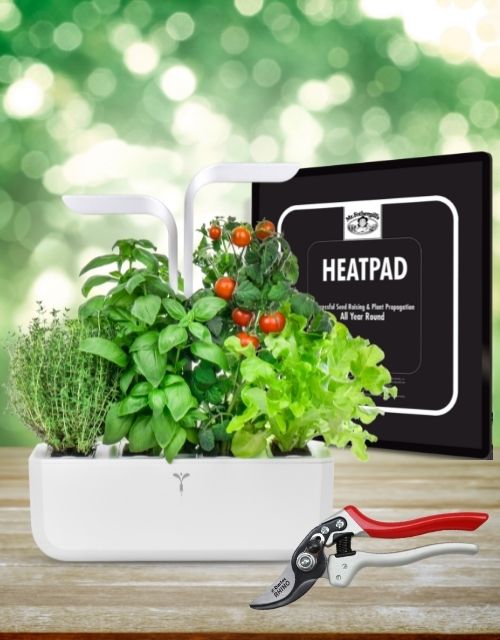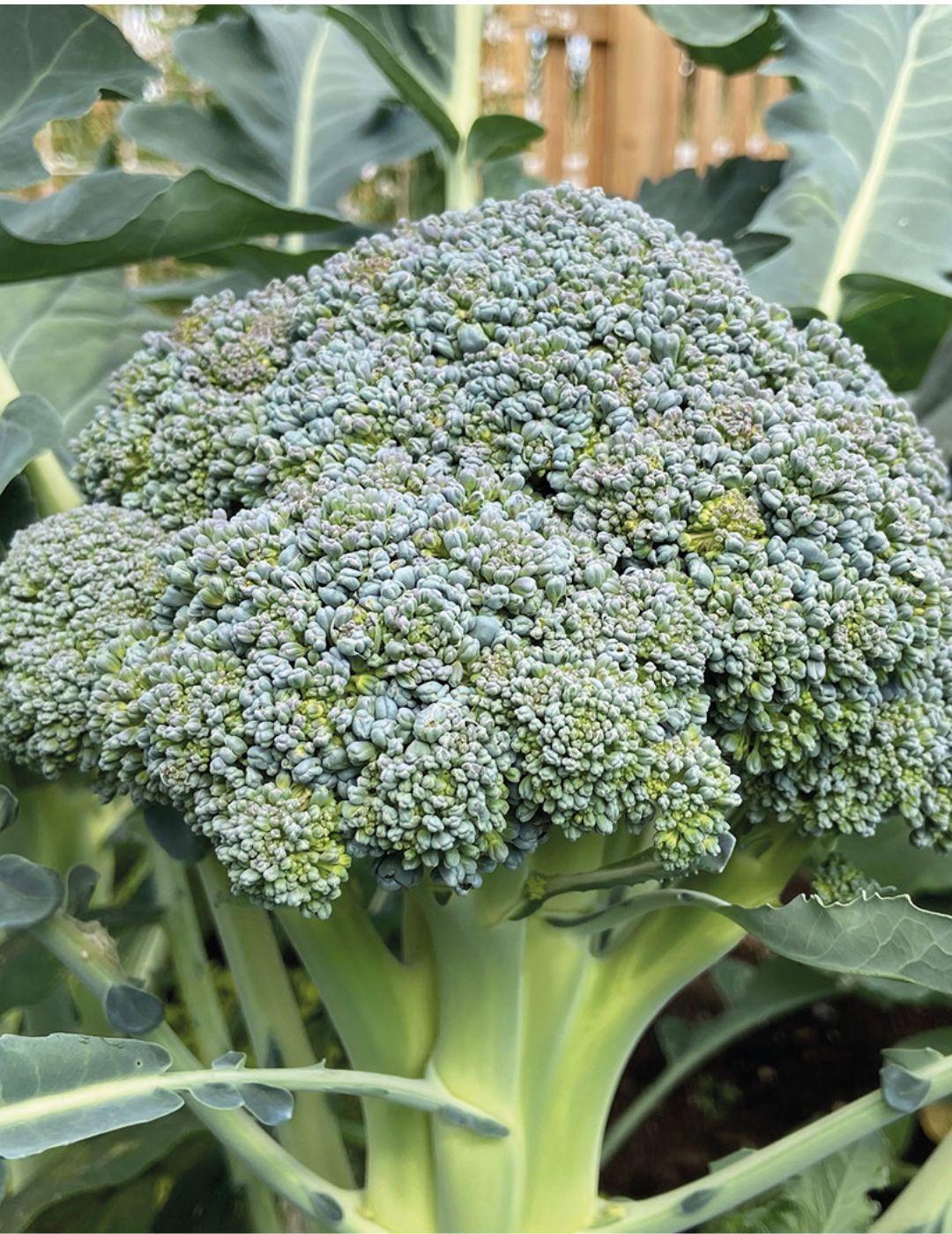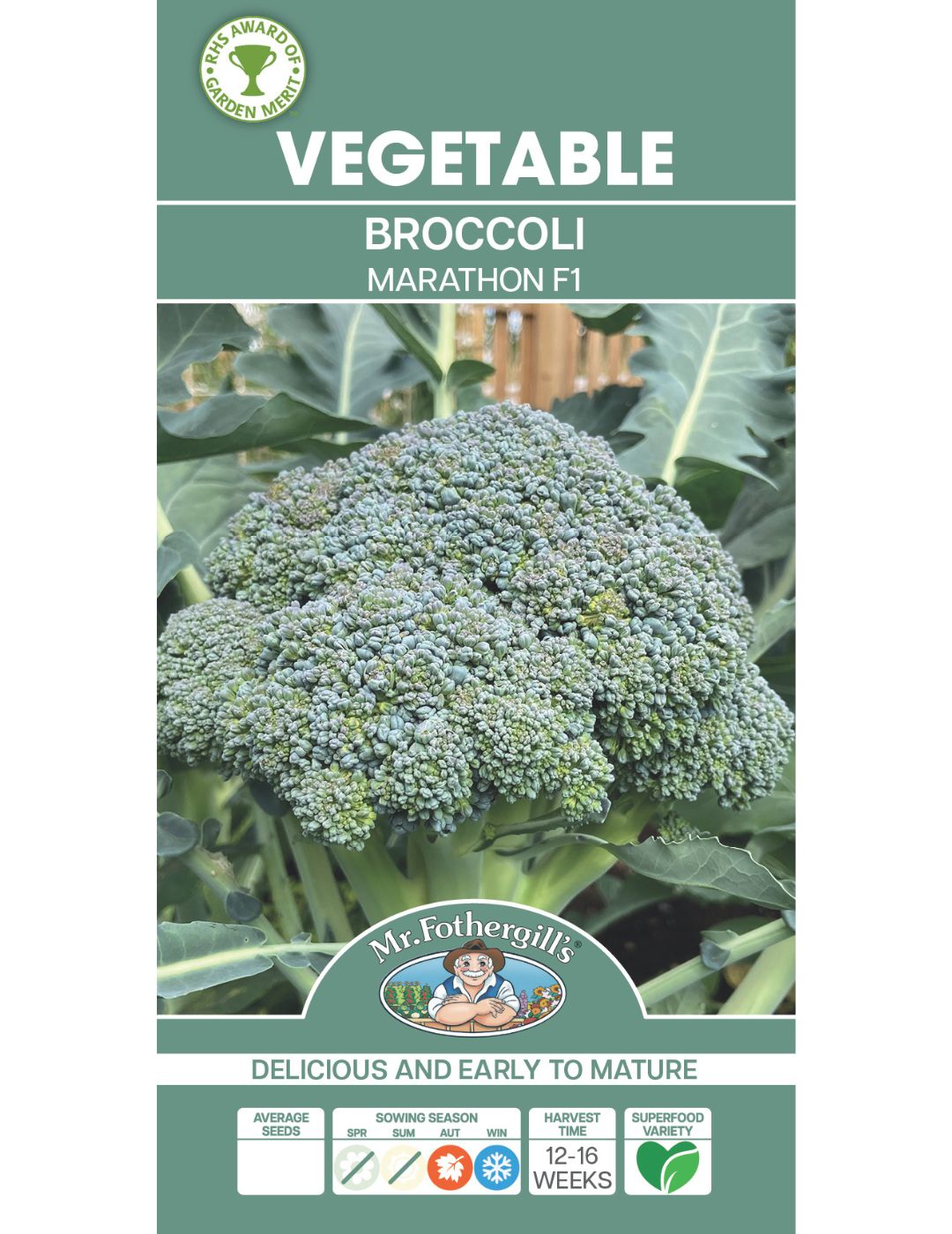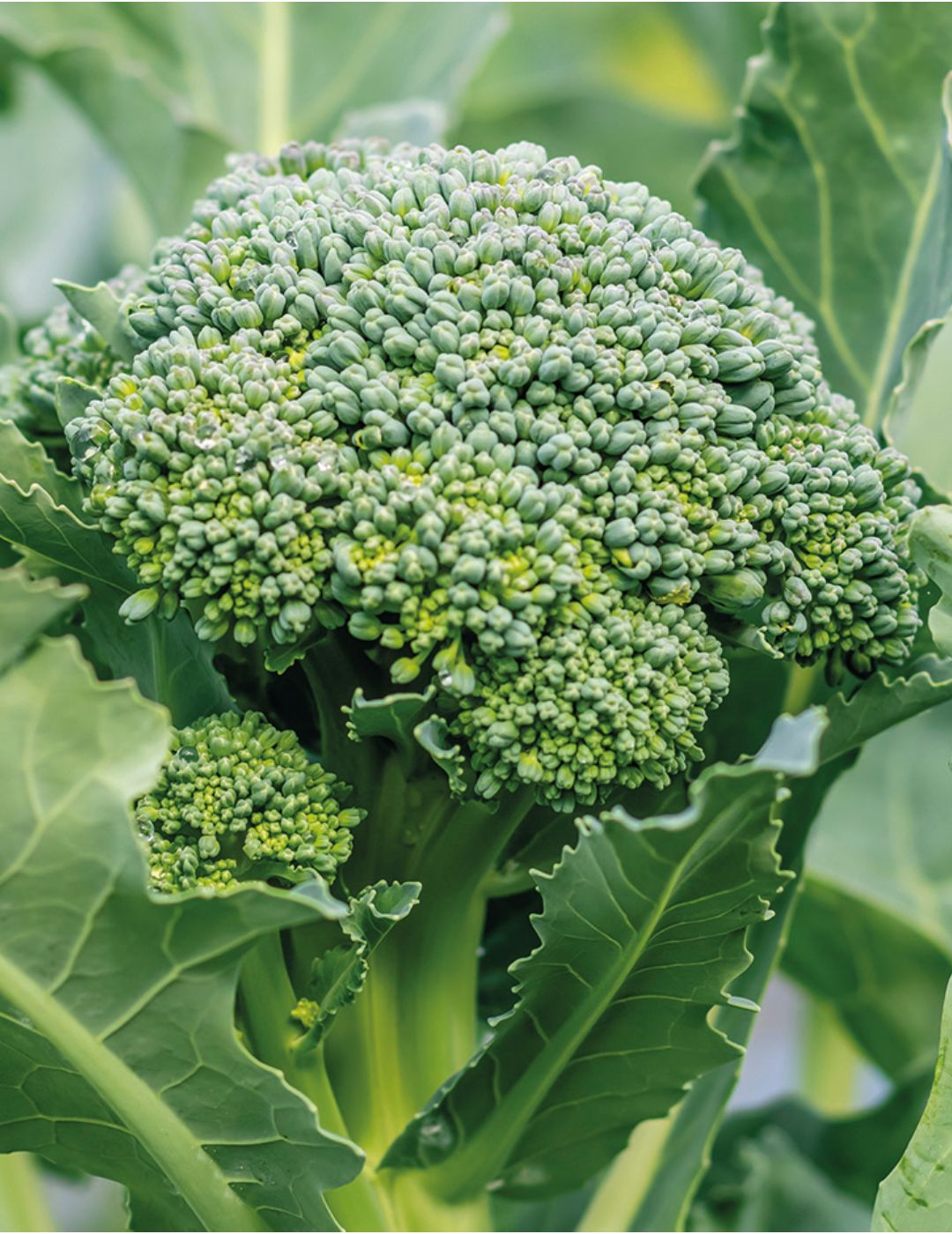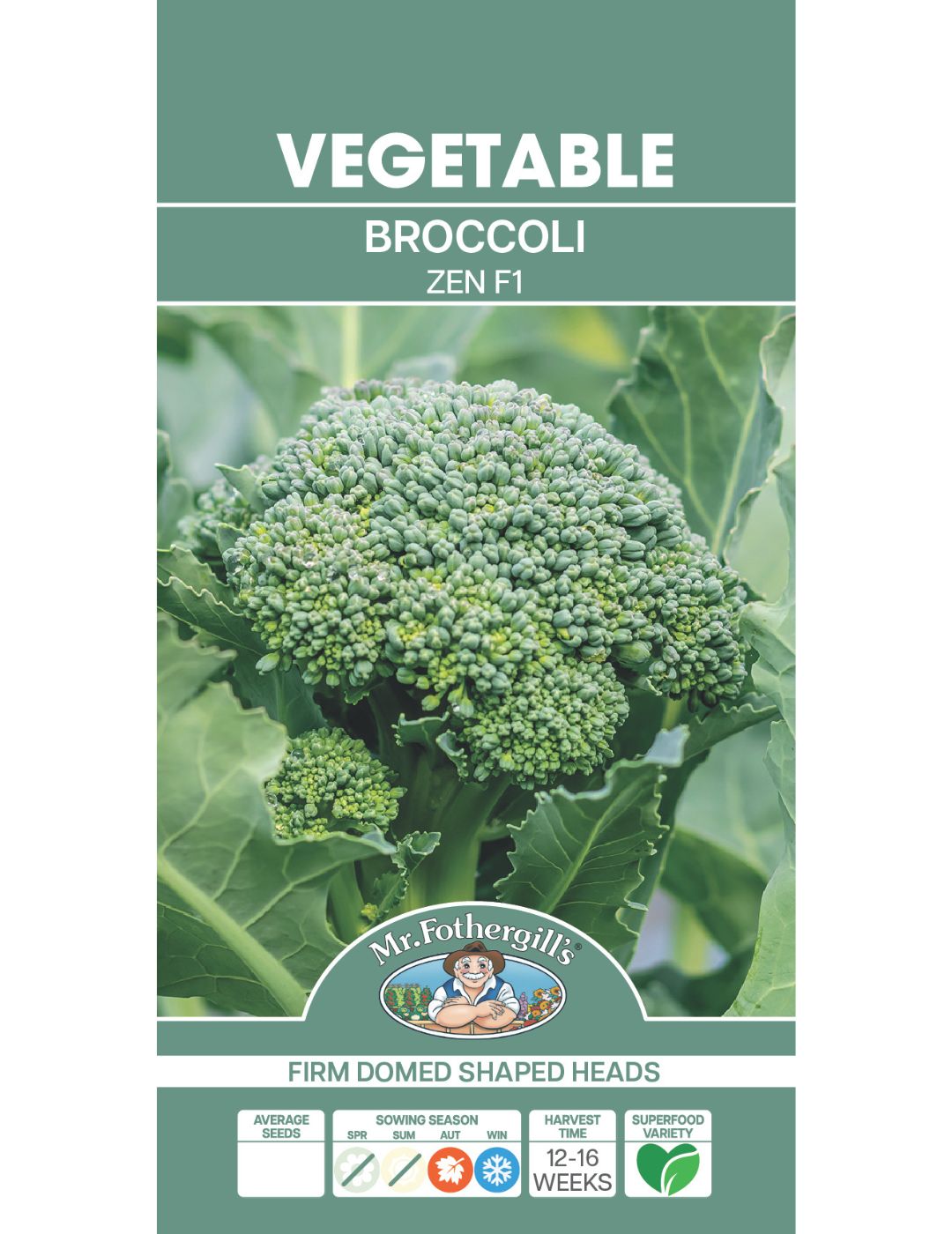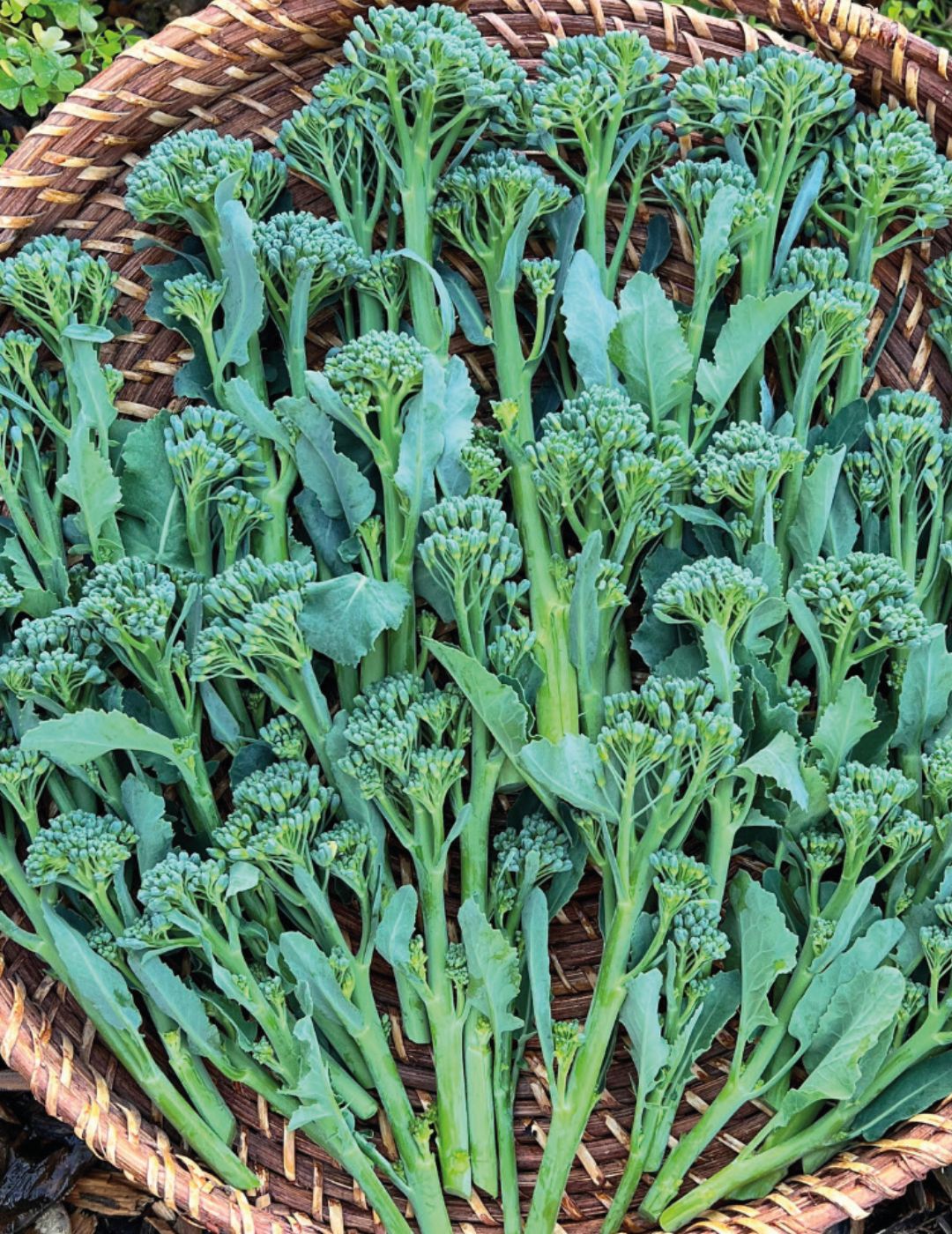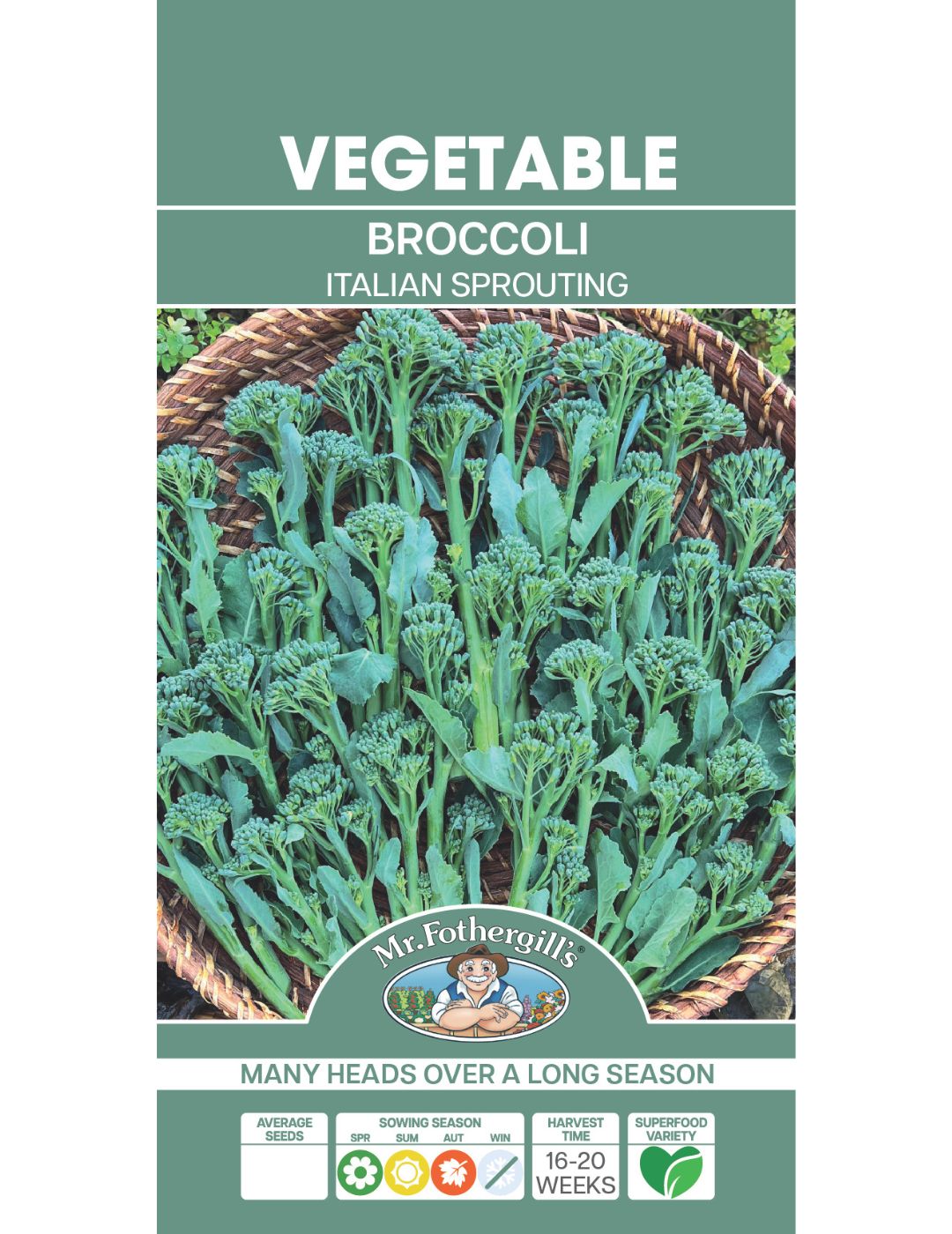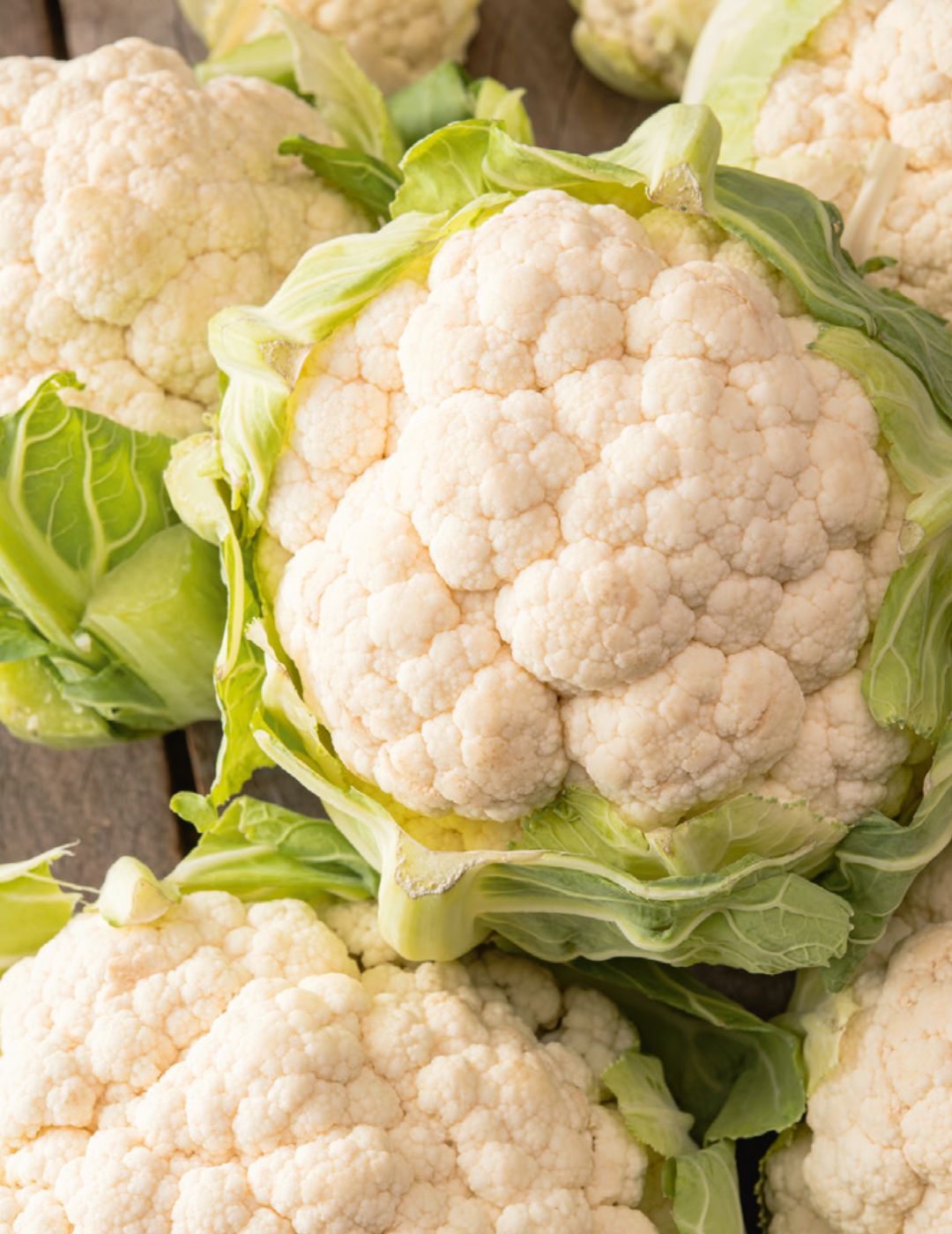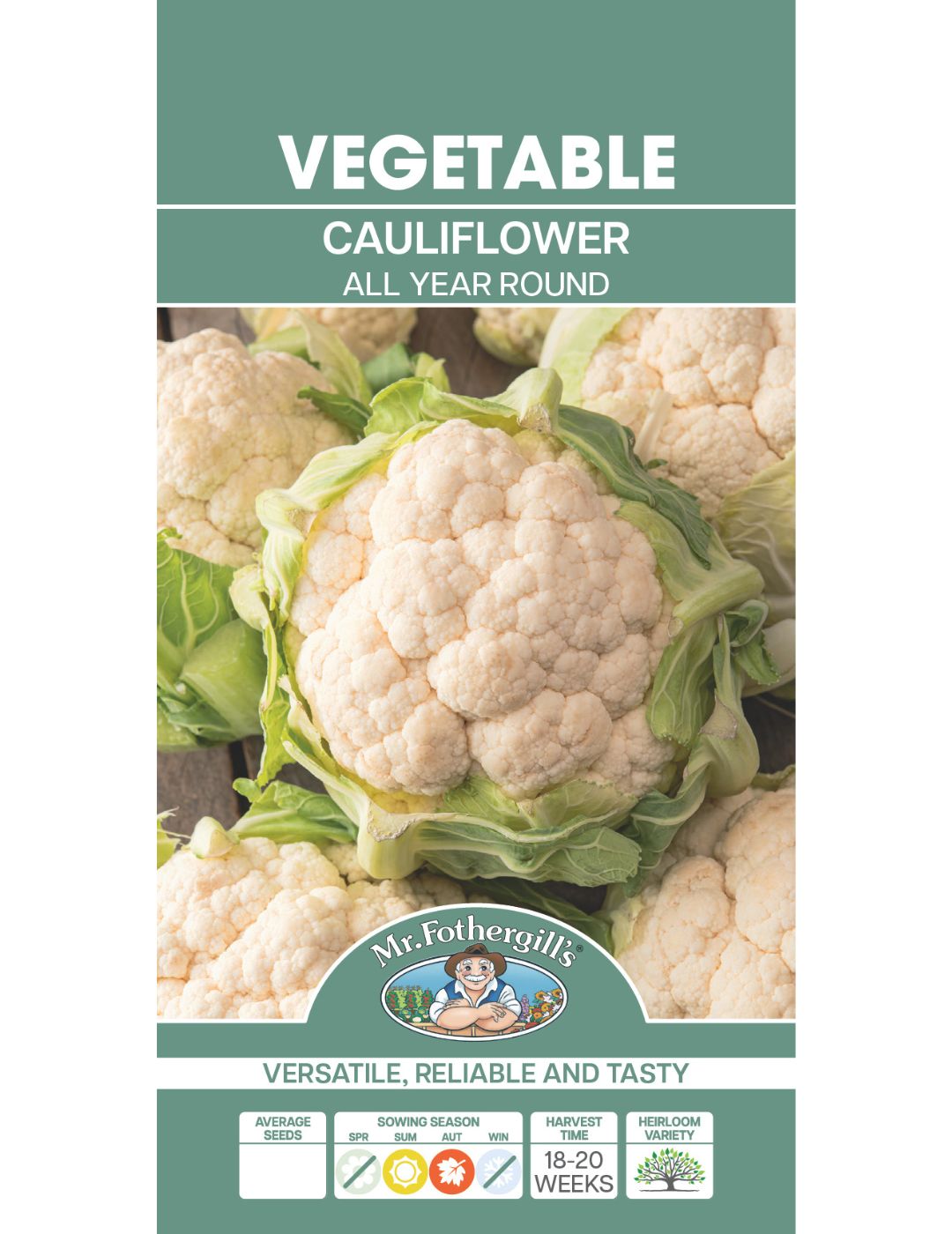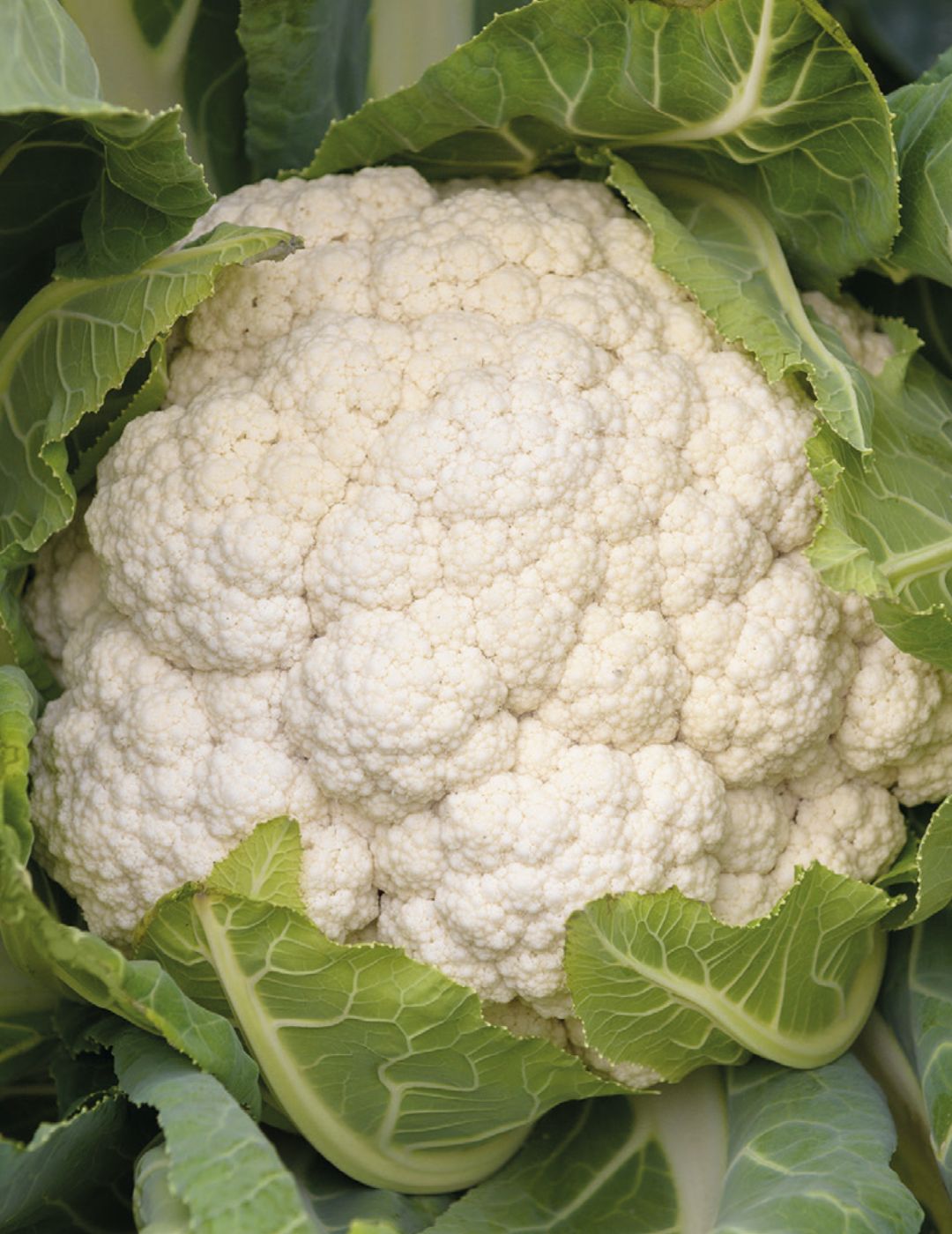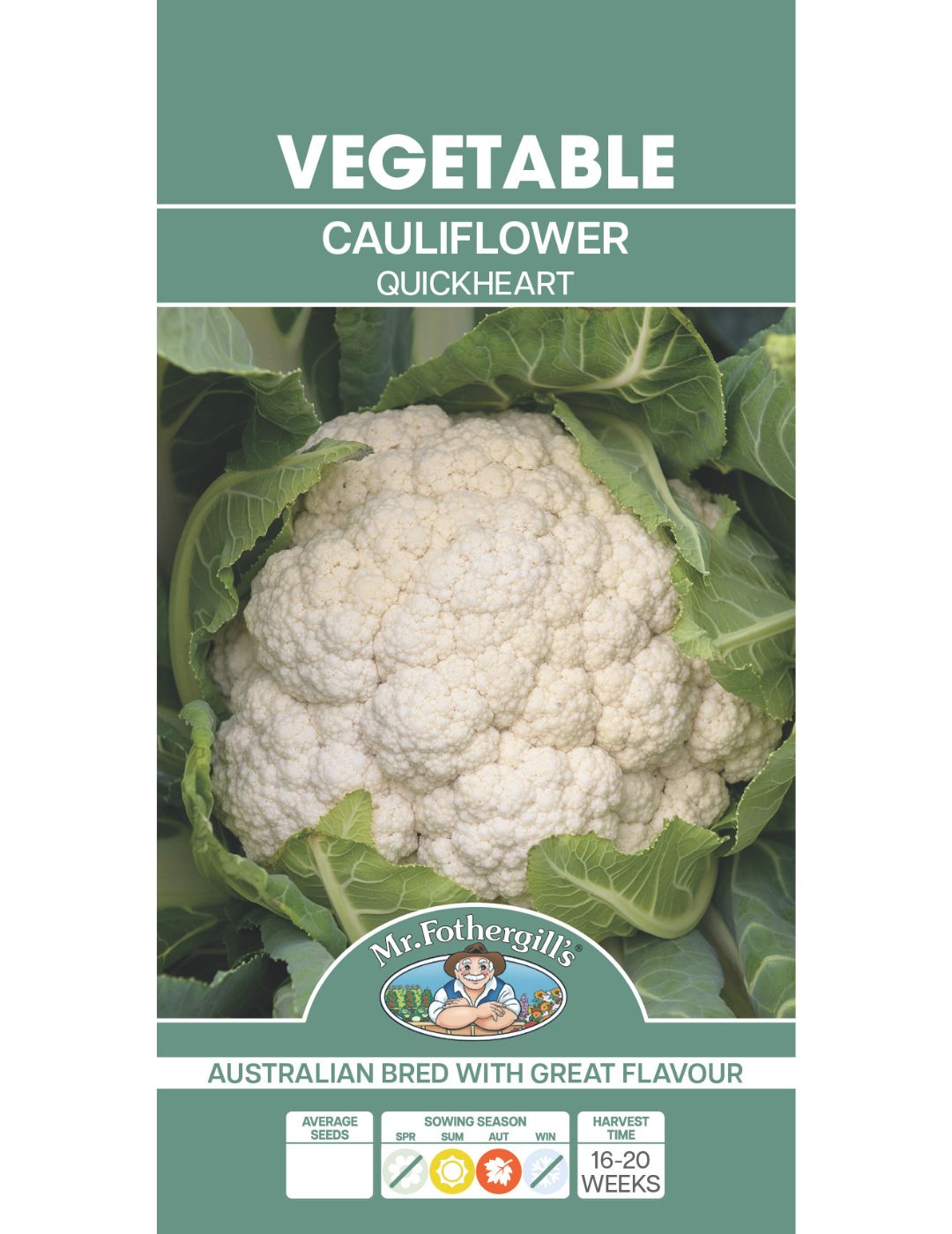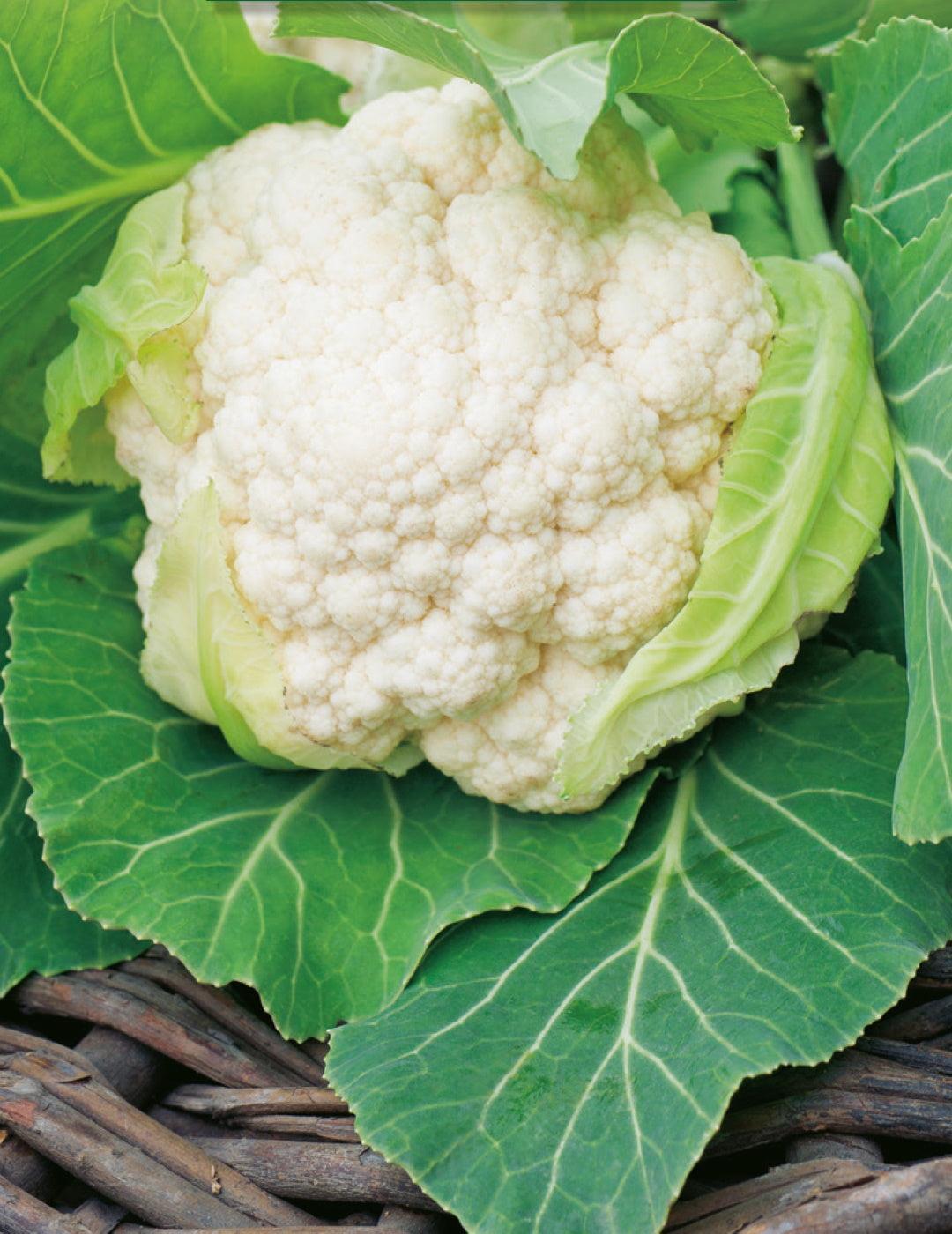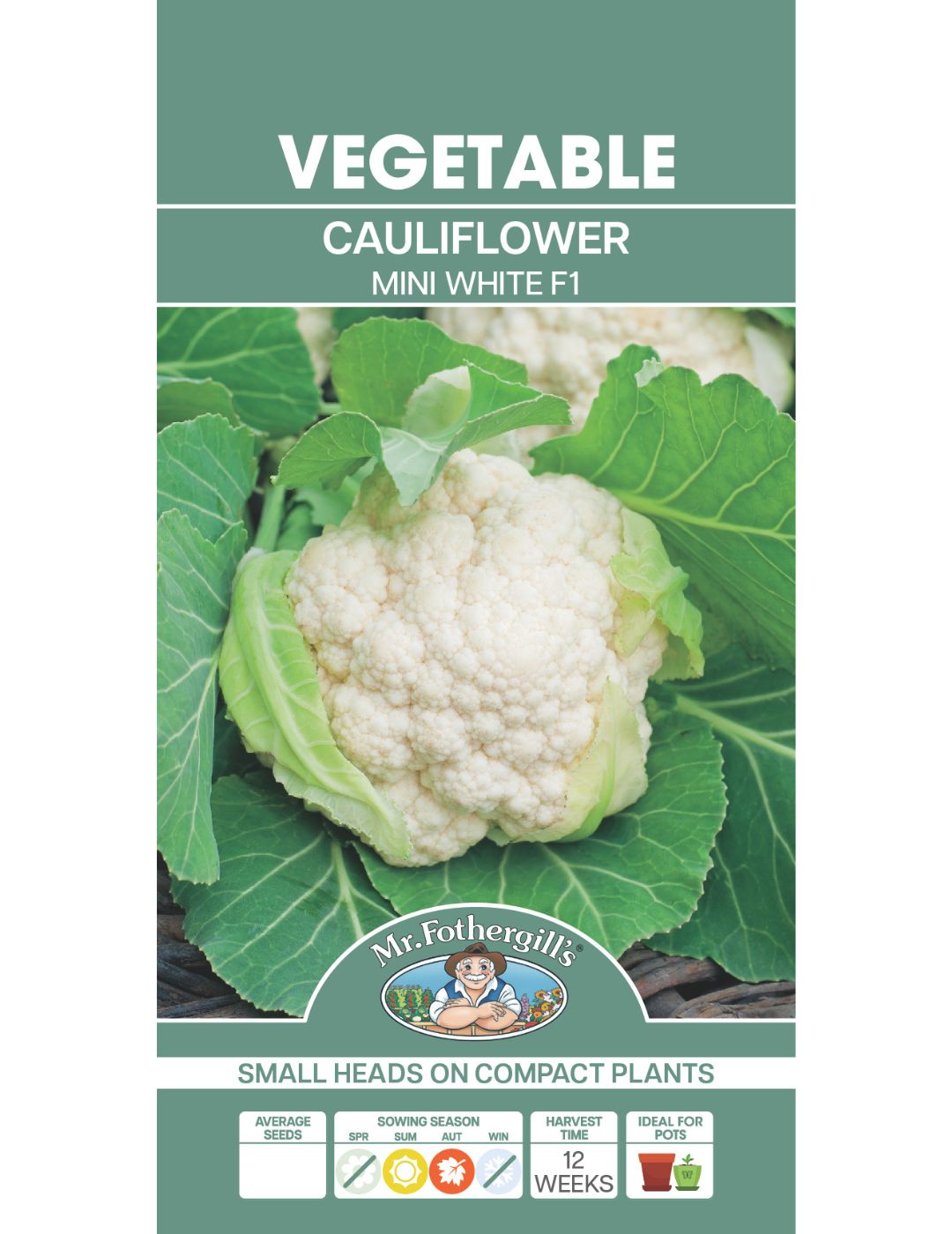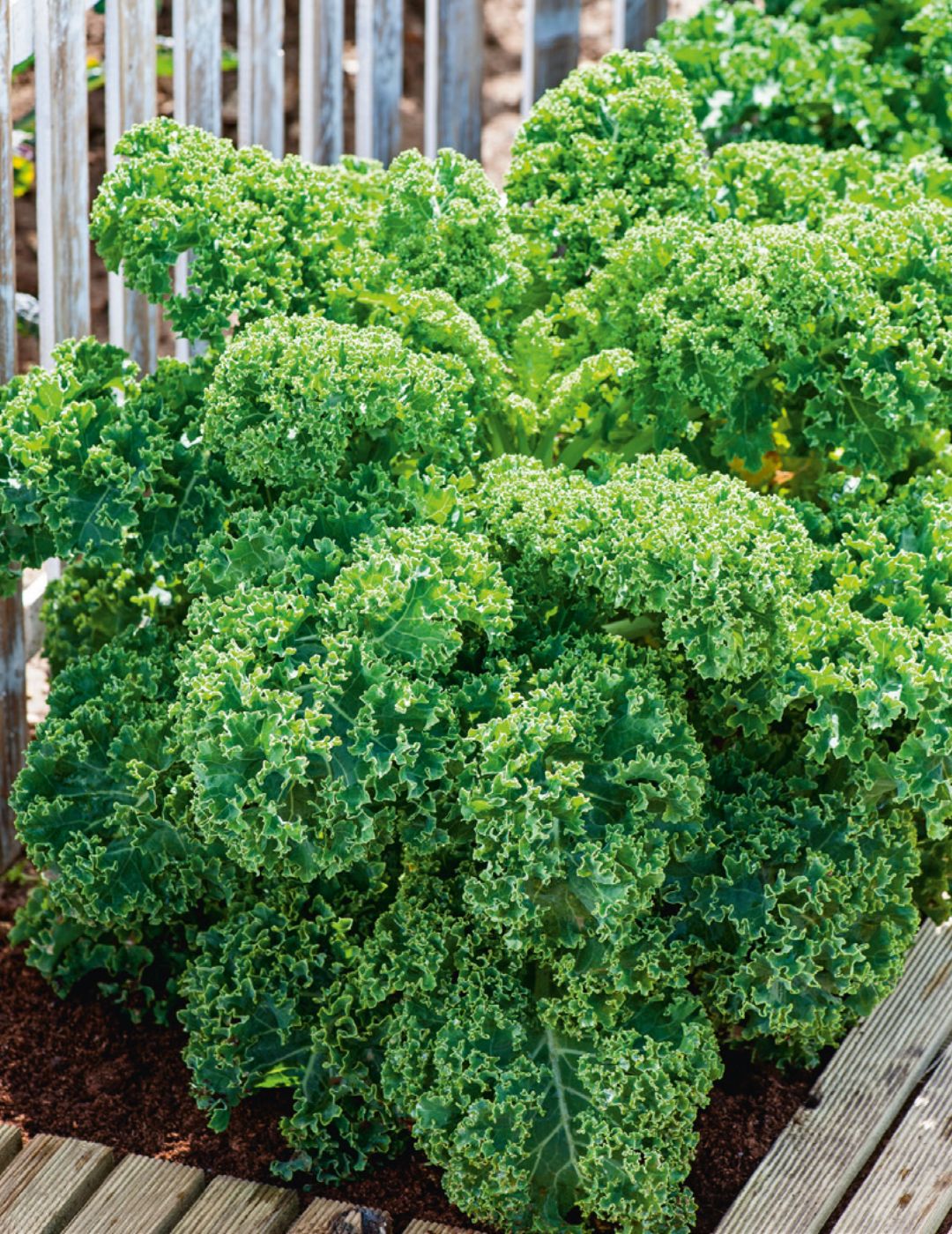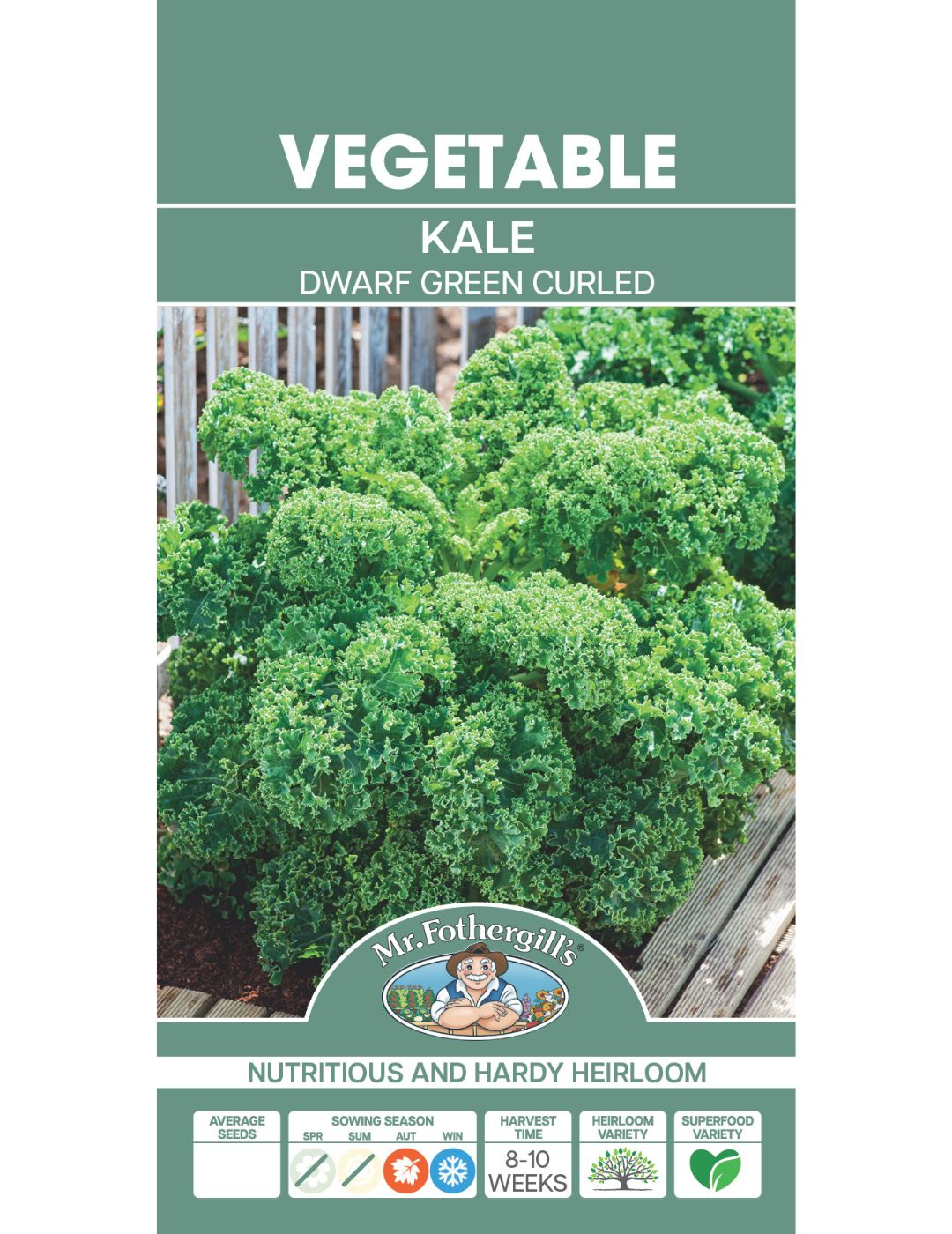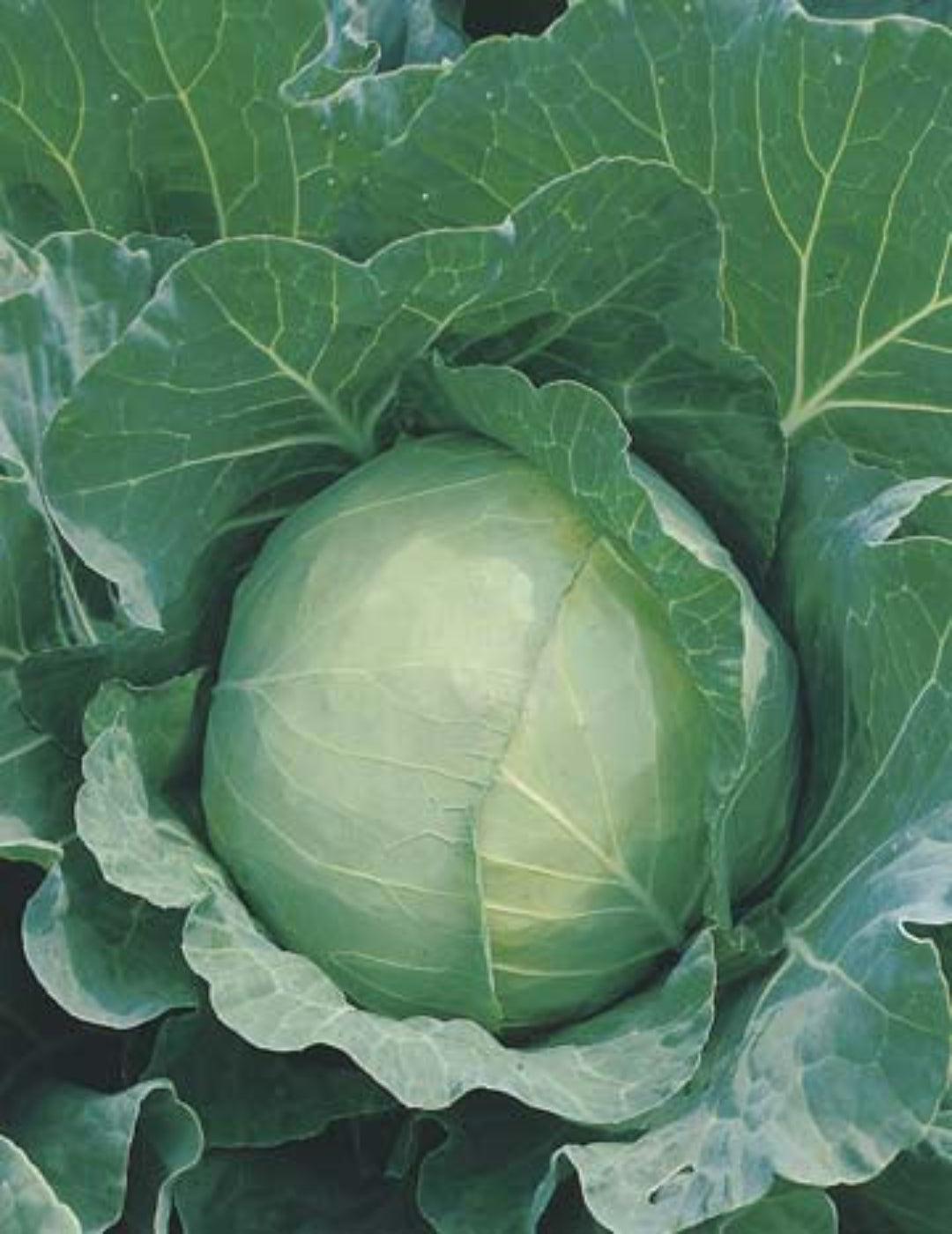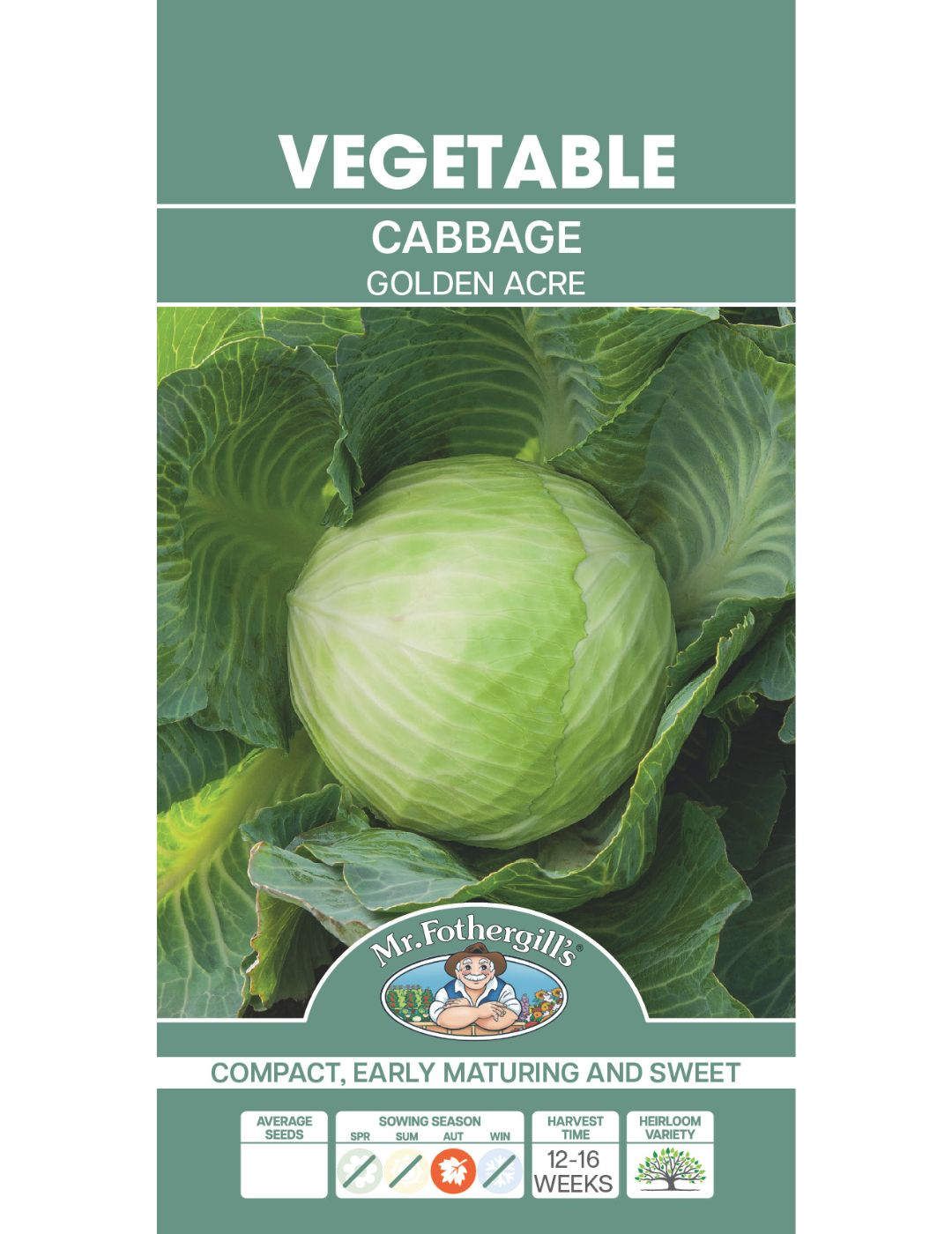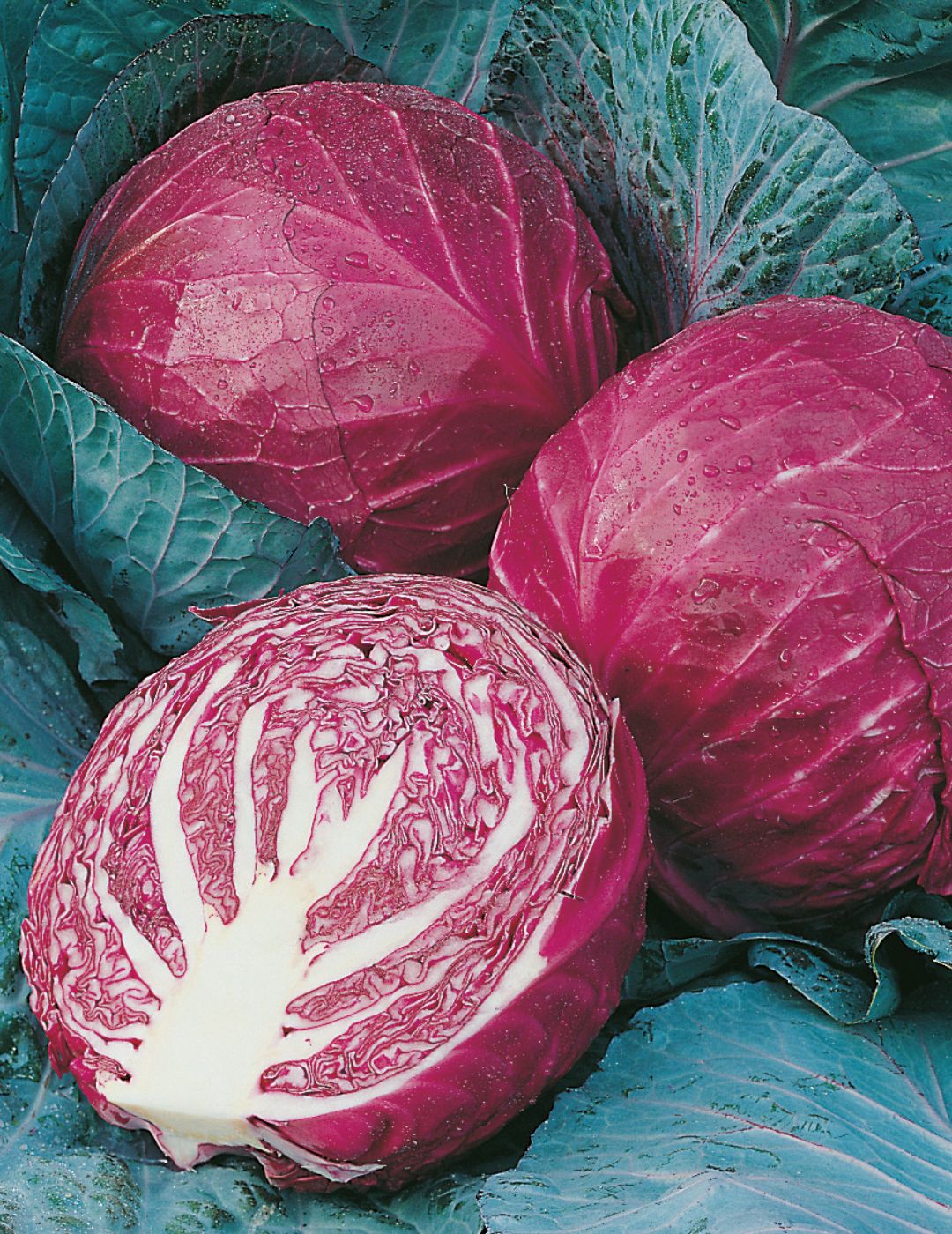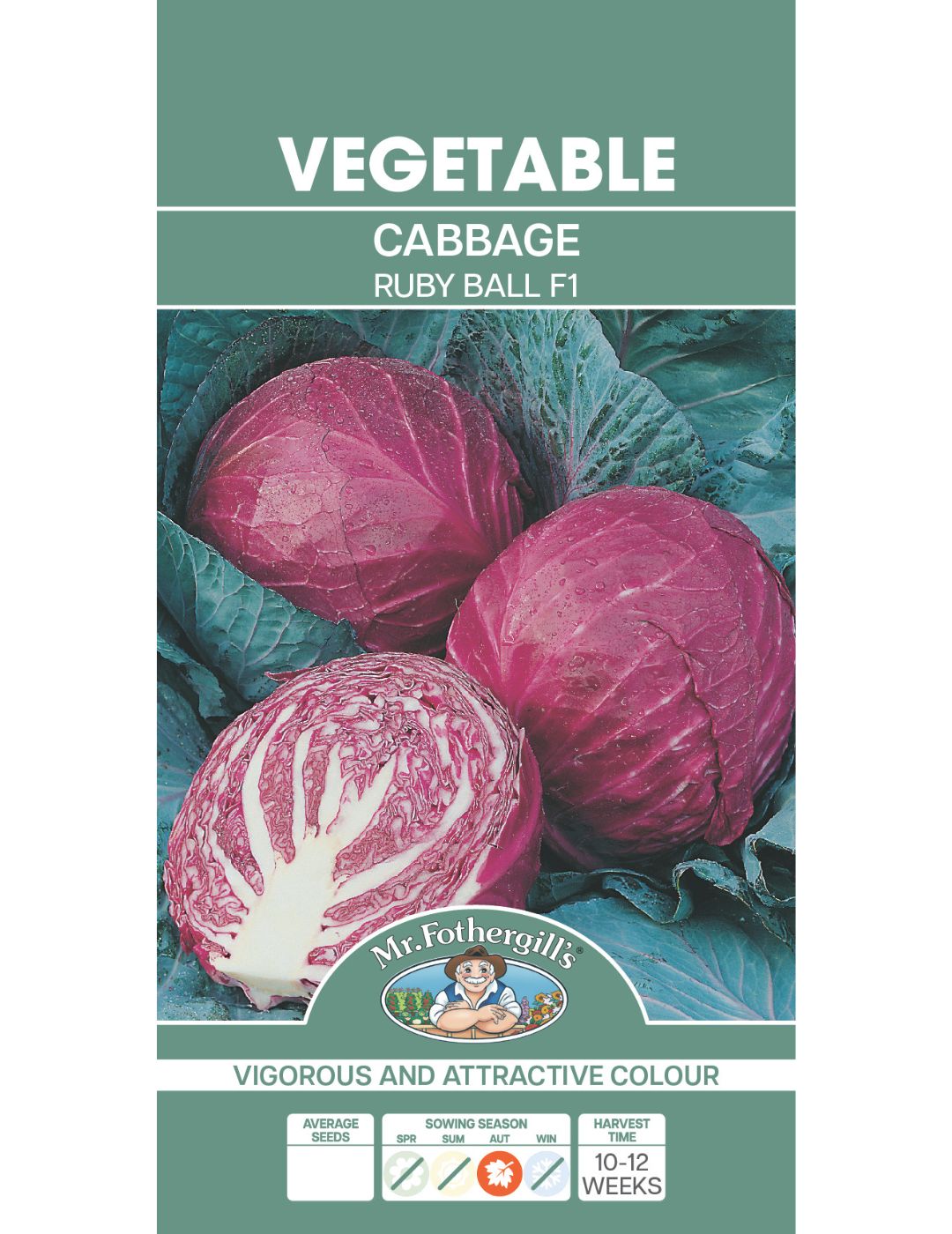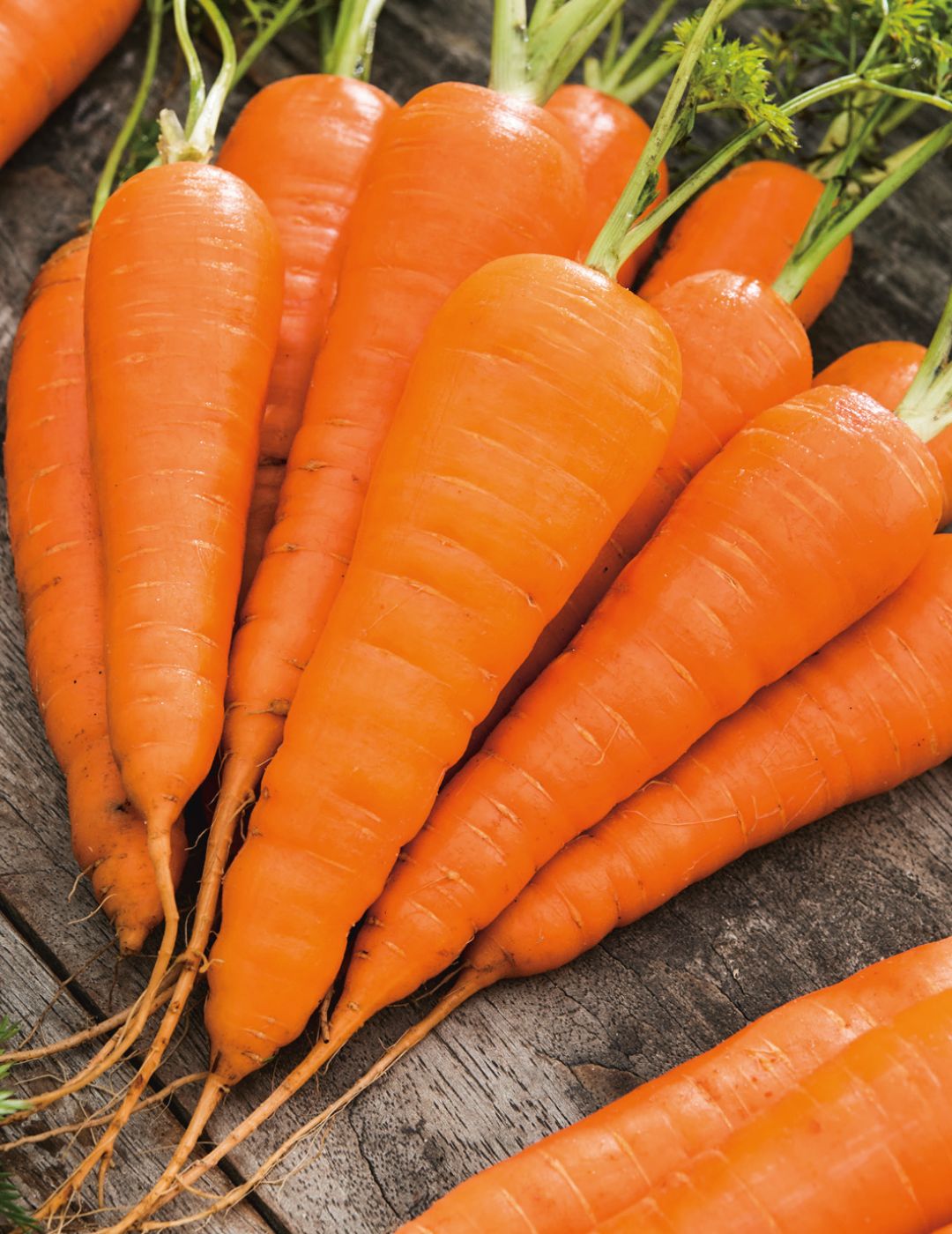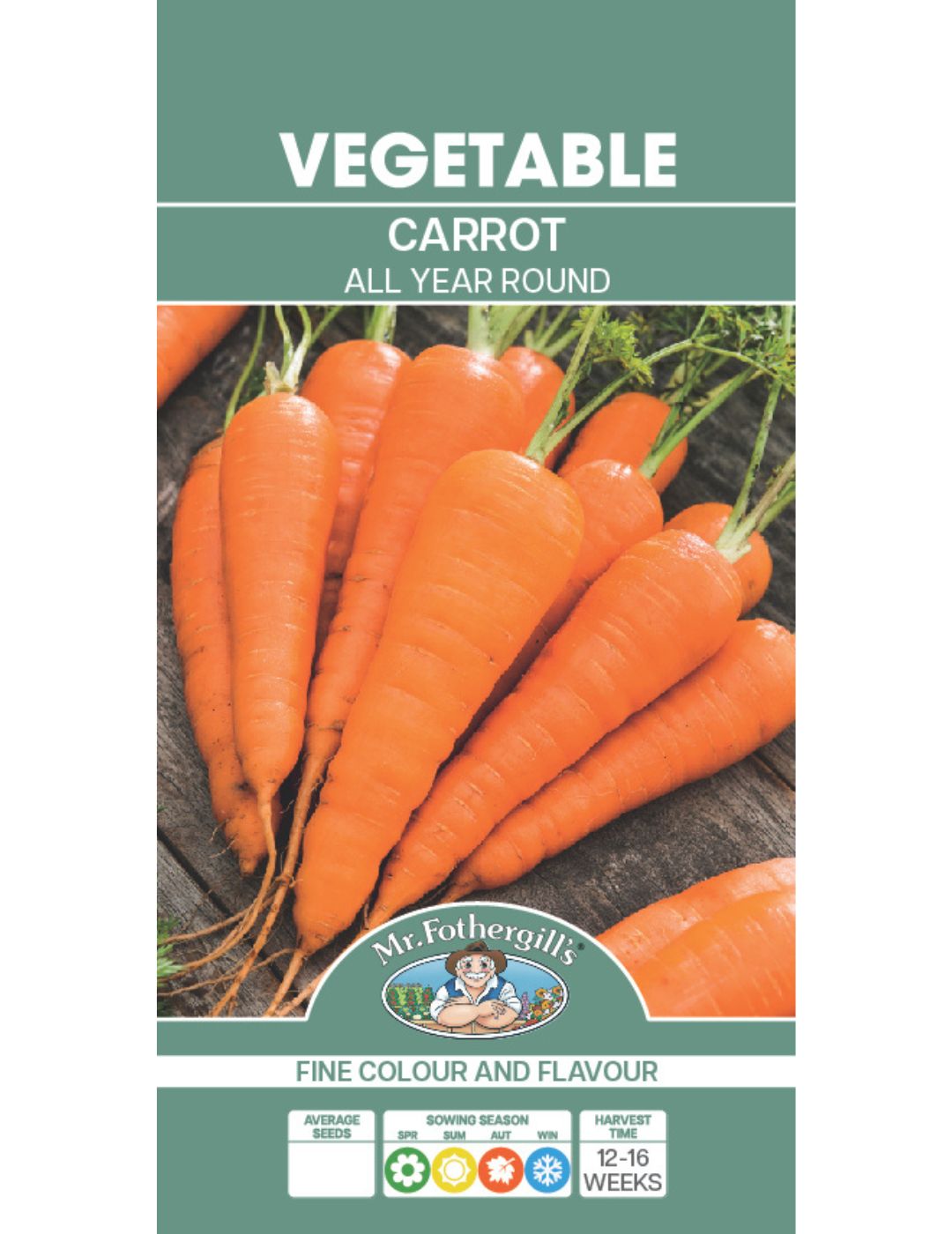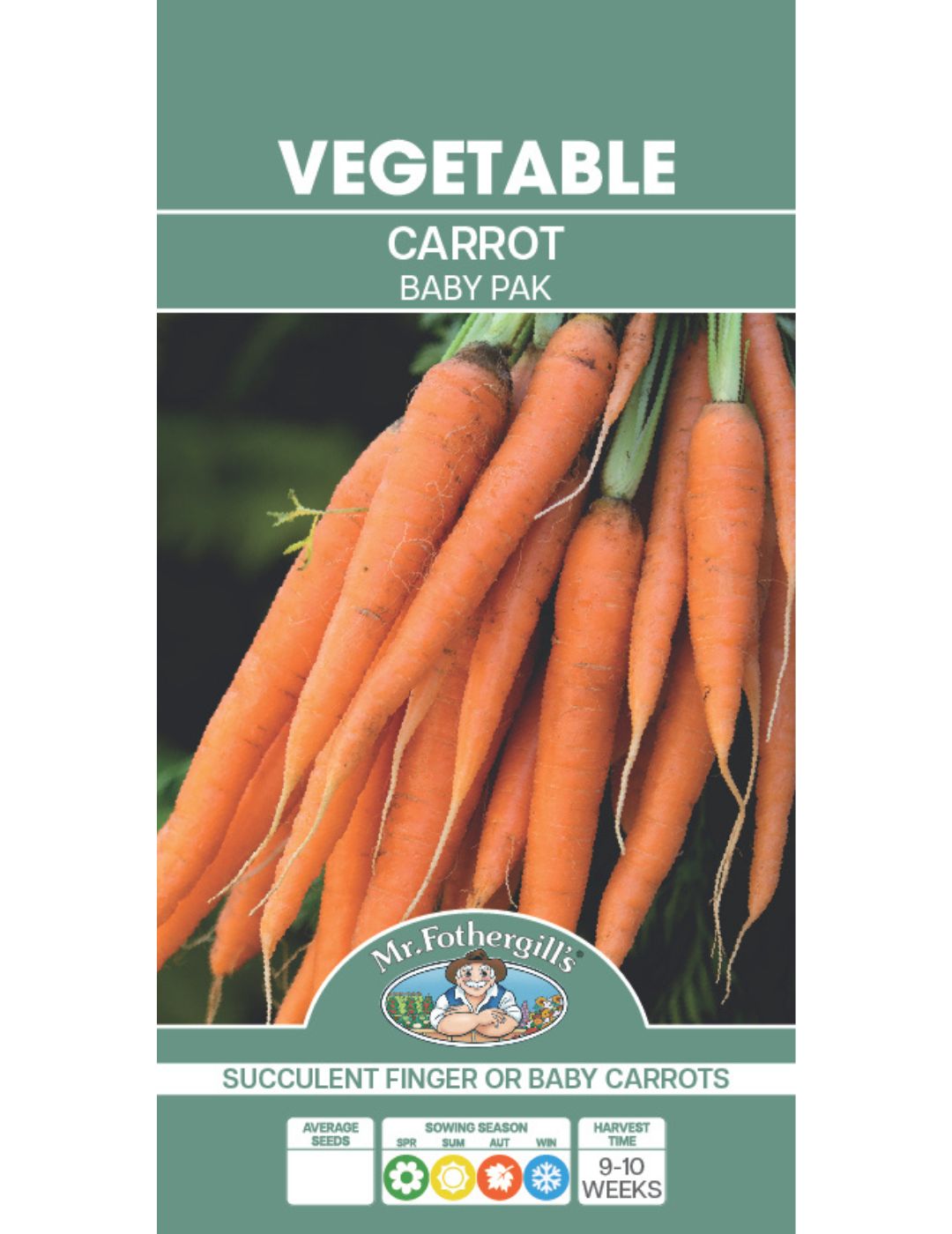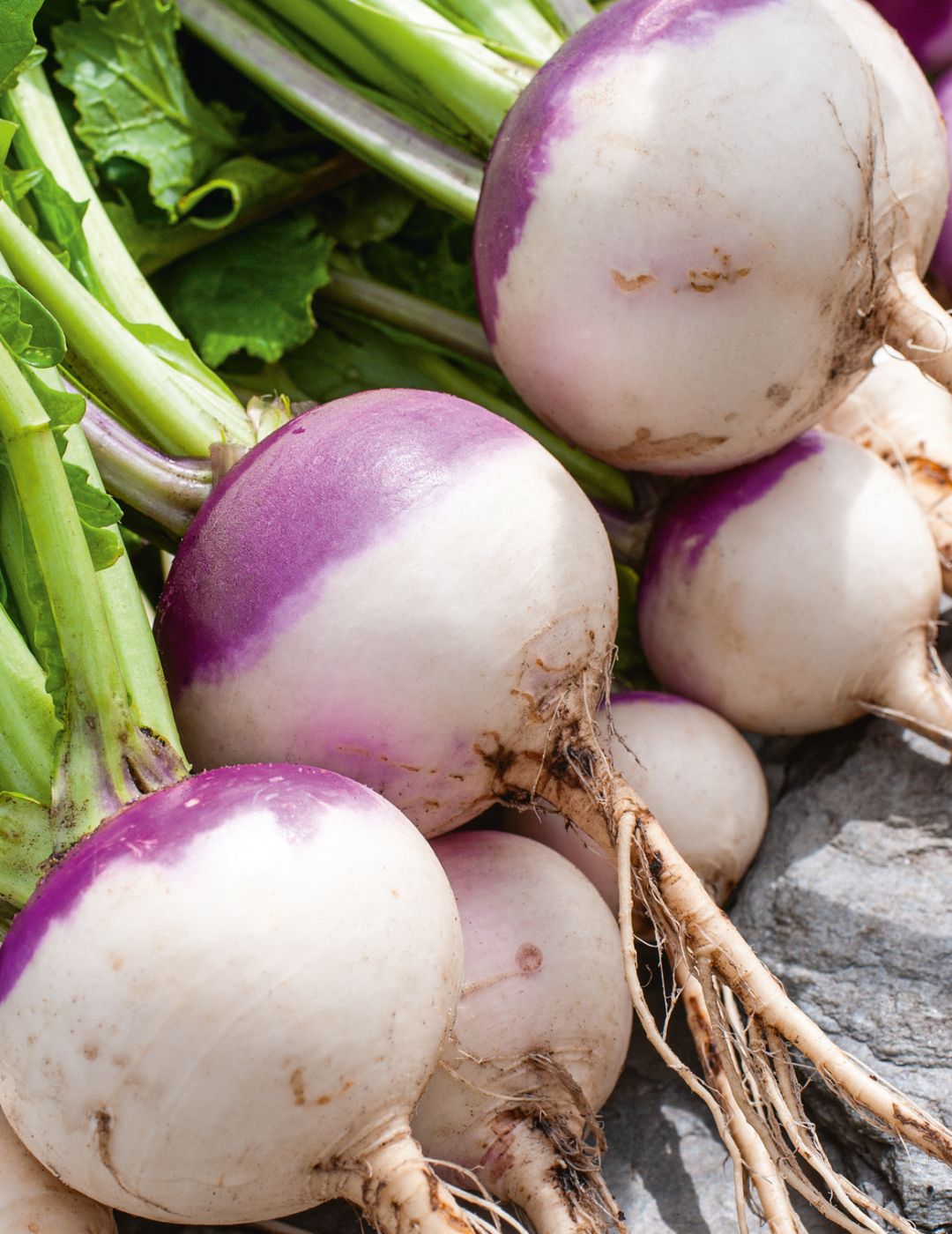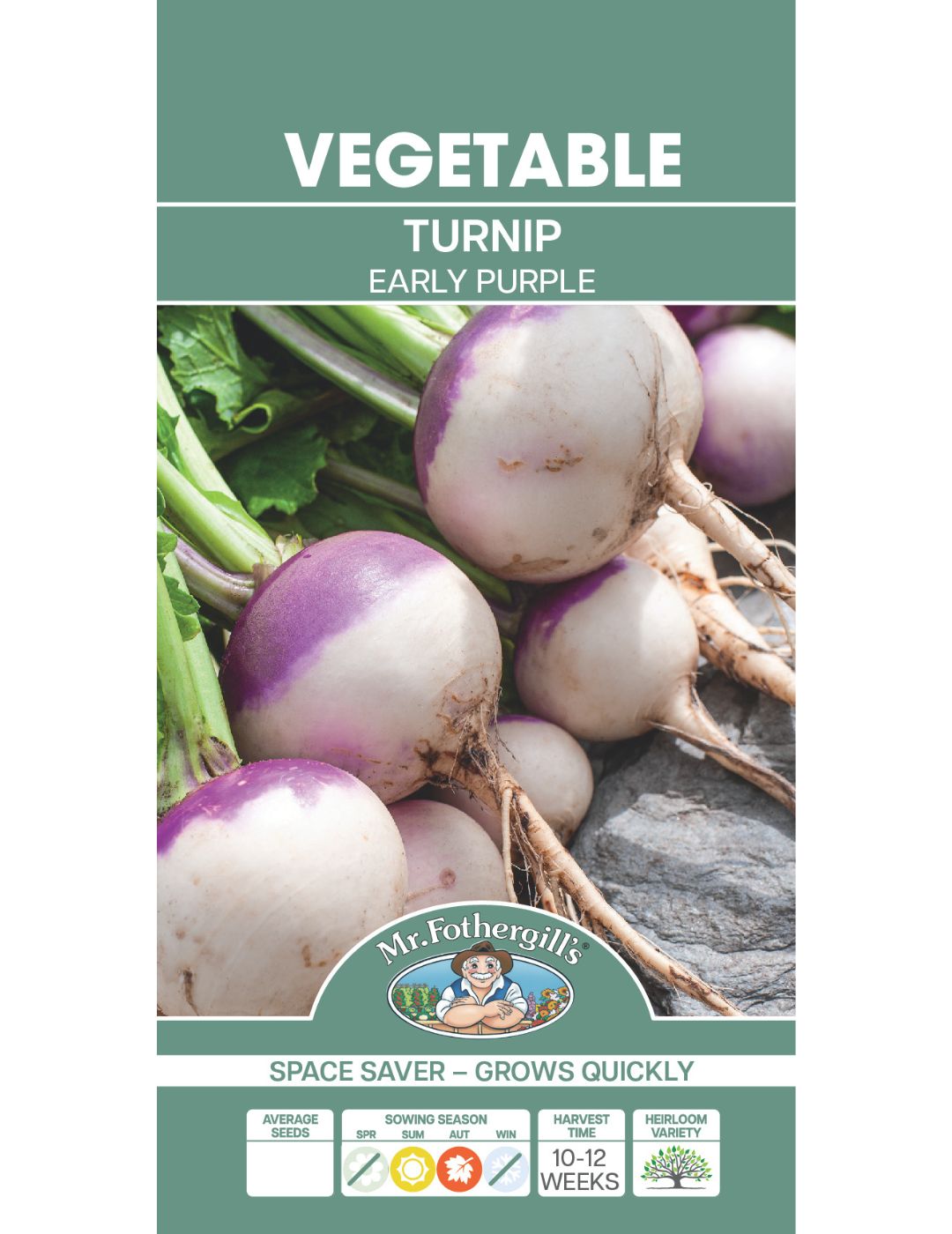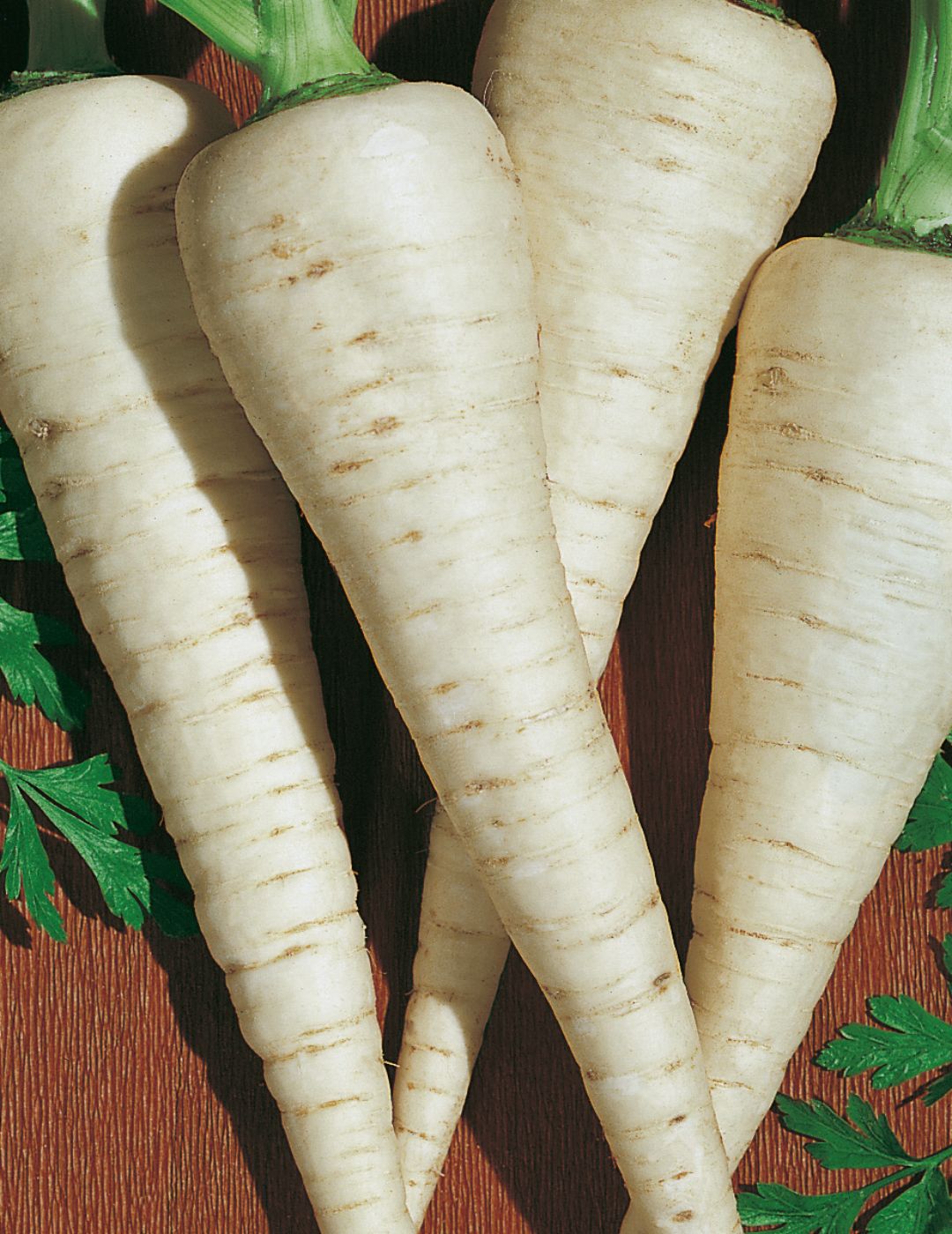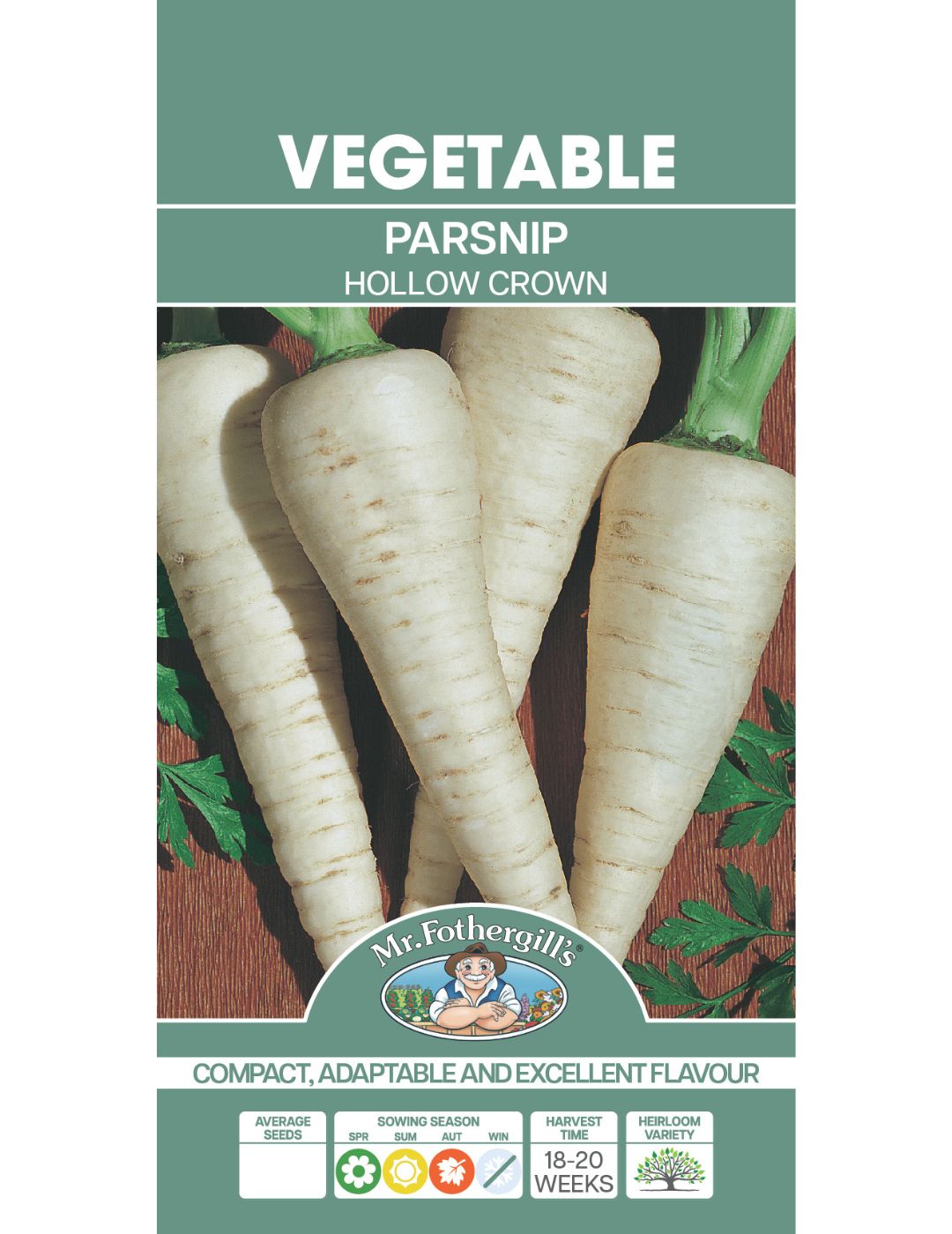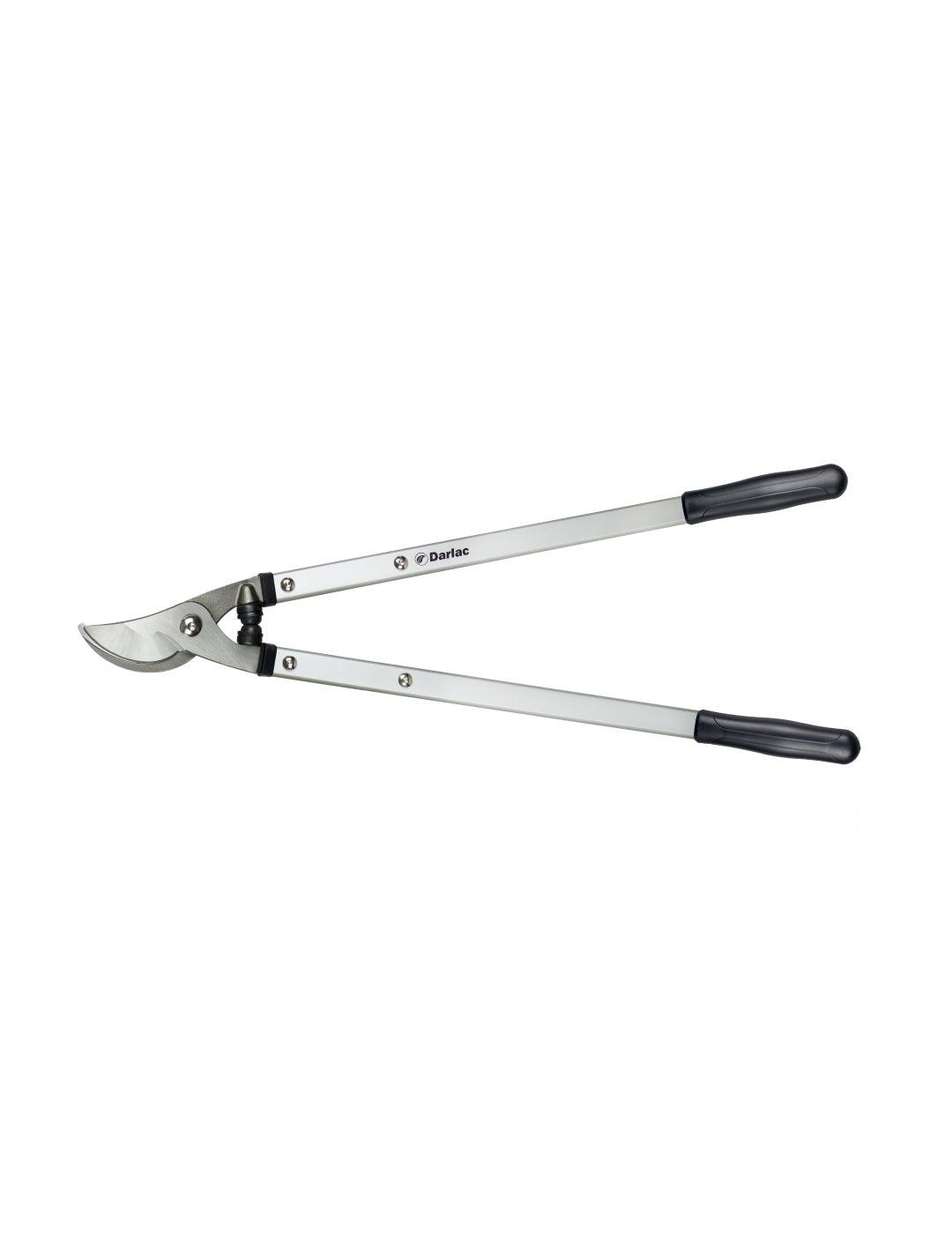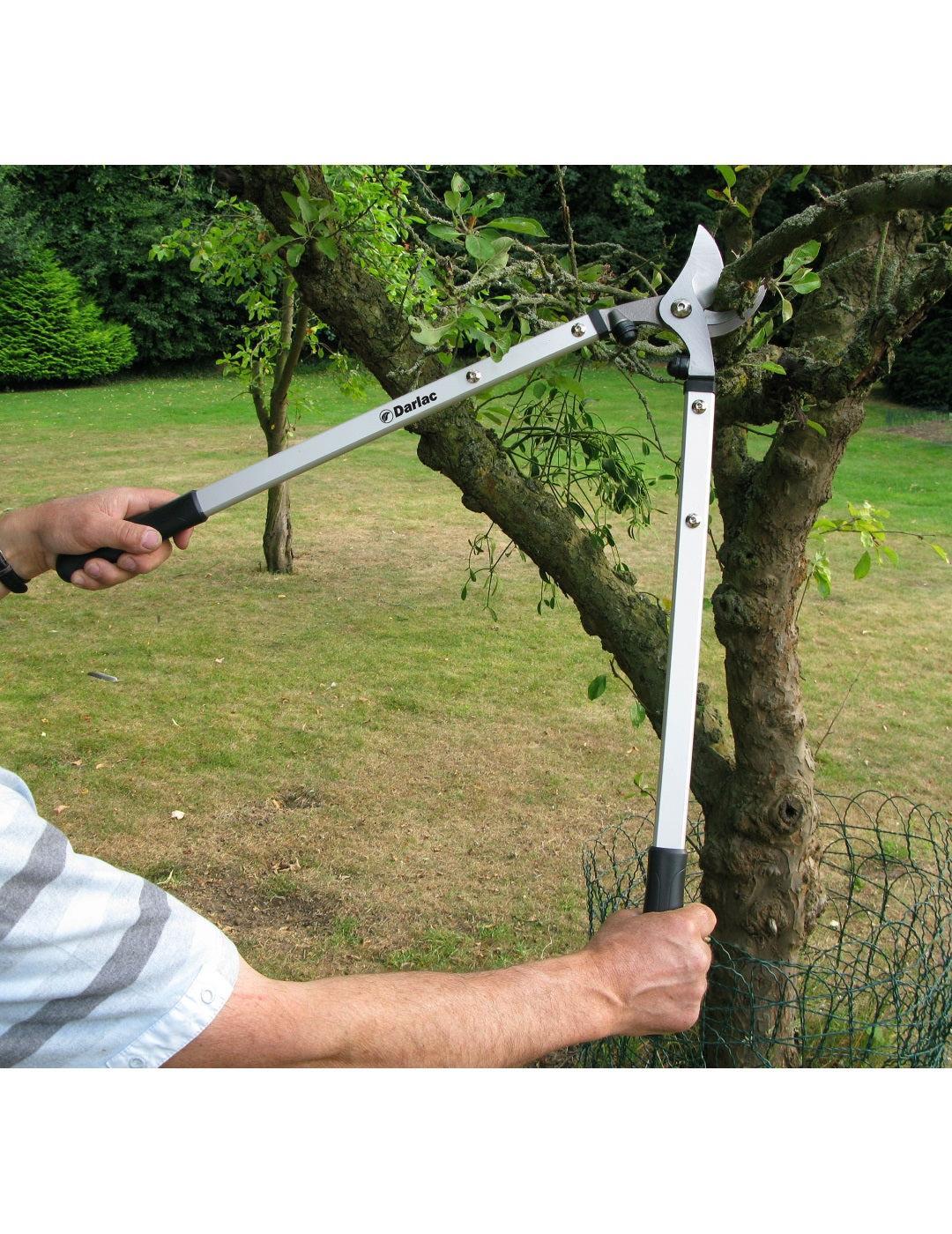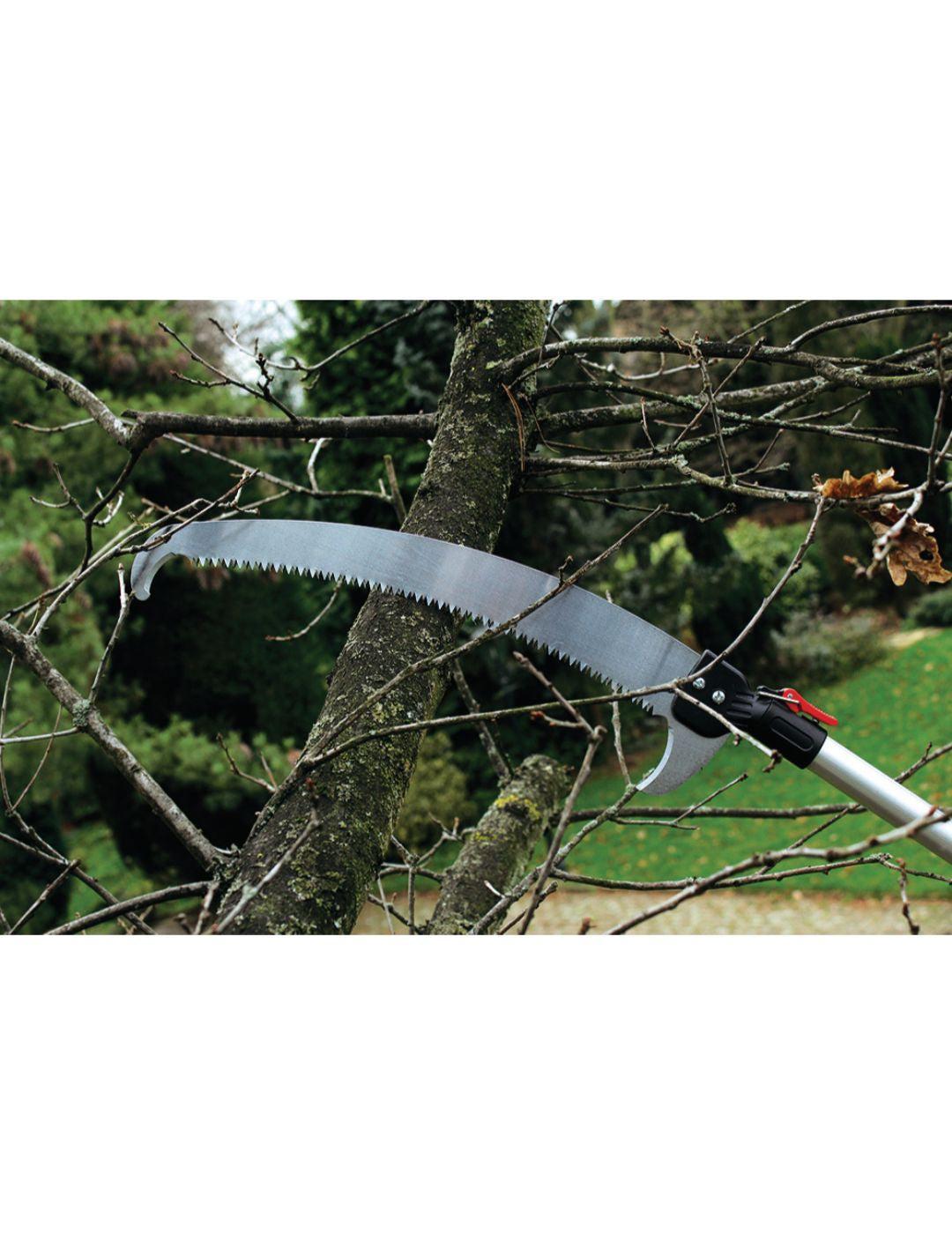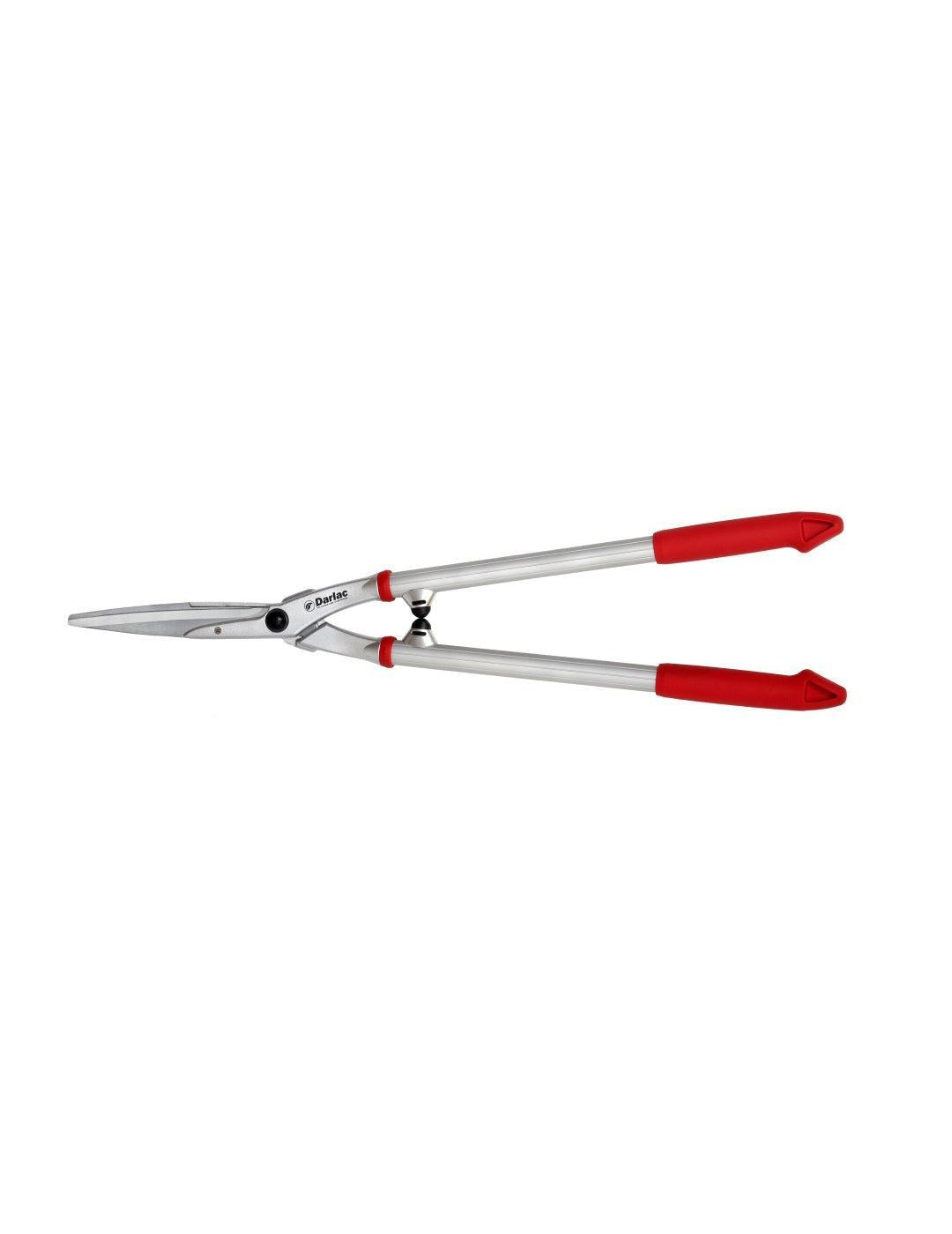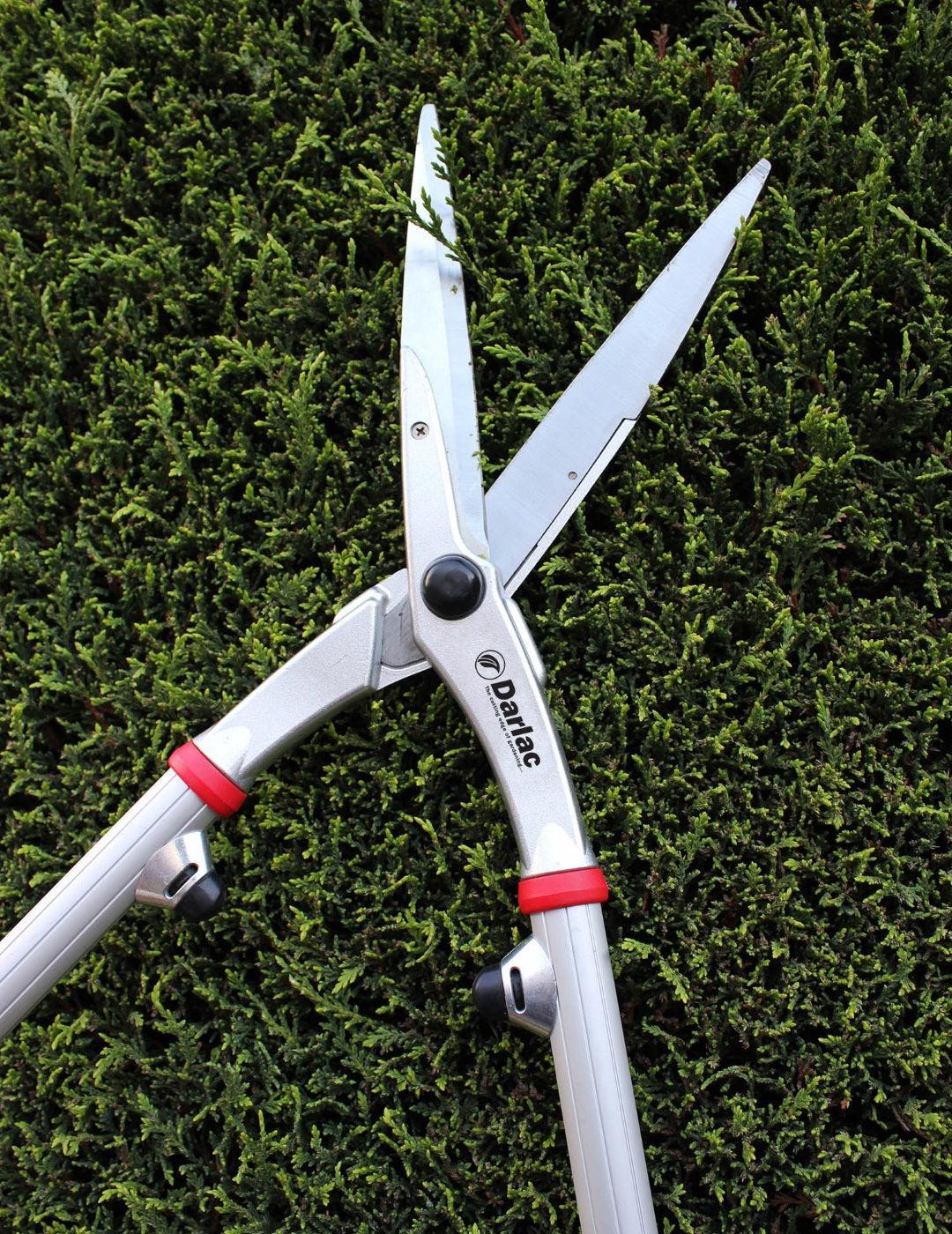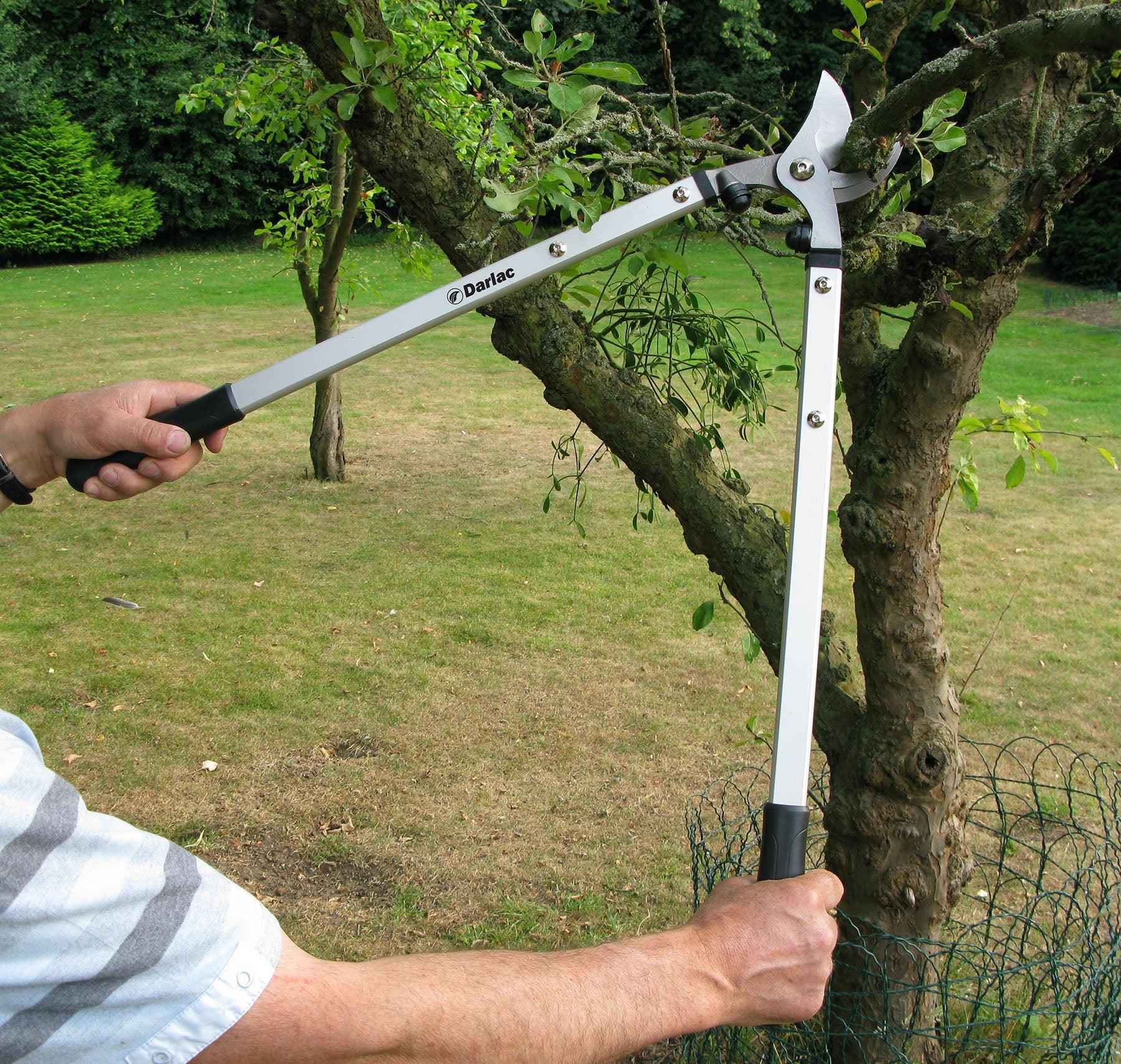
Frost Proof Your Garden
Frost is a natural part of the seasons, and while it can look quite beautiful on brisk early mornings, it can also wreak havoc on some of your plants! Keep these top tips in your back pocket to frost-proof your garden this winter.
Grow in Season
Many varieties of vegetables tolerate a bit of frost, particularly those in the Brassica family such as kale, cabbage, cauliflower, and broccoli. Did you know that frost can improve the flavour of these delicious veggies, making them a little sweeter and more tender? Root crops like carrots, turnips, and parsnips also thrive in colder temperatures and are extra tasty at this time of year.
Protect Your Plants
Shield young seedlings or vulnerable plants with horticultural fleece, draped over a frame or held up with wire or stakes. Cloches can also provide excellent protection—these can be store-bought or improvised from old juice bottles or plastic containers. Just make sure there’s some ventilation during the day to avoid overheating on those surprisingly sunny winter days.
Time Your Pruning
As a general rule, deciduous plants can be pruned during the winter months while growth is dormant. However, for evergreen species or tender perennials, avoid hard pruning in the depths of winter. Leaving some growth can help insulate the plant and prevent dieback. Wait until late winter or early spring to shape these plants, when the risk of frost has diminished. When shaping your plants try using Darlac tools for a quality tool and quality cut.

Hold the Fertiliser
Much like pruning, applying lots of rich fertiliser during winter can encourage new, soft growth that’s vulnerable to frost. Hold off on high-nitrogen feeds until the warmer months. Instead, focus on improving soil structure by adding compost or well-rotted manure in late autumn to help insulate and nourish roots through the cold.
Container Gardening
Utilise containers and pots, as these can be moved to the warmest or most sheltered areas of the garden in winter. Grouping pots together creates a microclimate that offers additional warmth. Placing pots near brick walls or sunny spots during the day allows them to absorb heat and release it slowly overnight, protecting roots from frost.
Read our container gardening blog to get started!

Mulch for Warmth
Mulching is a simple but effective way to insulate plant roots and conserve soil warmth. Apply a thick layer of organic mulch like straw, bark chips, or compost around the base of your plants. Not only does it help protect from frost, but it also improves soil health and suppresses weeds. For sensitive perennials, a “blanket” of mulch can make all the difference.
Beware of False Spring
A warm spell in late winter or early spring can be misleading—it might feel like the seasons have turned, but frosty nights can still strike unexpectedly. This “false spring” often tempts gardeners to plant out tender crops too early, especially favourites like tomatoes, capsicums, and zucchinis. While seedlings may shoot up quickly in the daytime warmth, a single cold snap can severely damage or kill them.
To avoid disappointment, wait until all danger of frost has truly passed before planting these frost-sensitive crops outdoors. If you’ve already started tomatoes indoors or in a greenhouse, keep them sheltered until night-time temperatures consistently stay above 10°C. If you simply can’t resist planting out early, have cloches, fleece, or even upturned pots ready to cover them overnight in case of a sudden chill.
Caring for Frost-Damaged Plants
Even with the best planning, frost damage can still sneak in. If your plants suffer a frost hit, don’t panic—many can bounce back with a bit of care.
Resist the urge to cut away blackened or mushy foliage immediately. Damaged leaves may look unsightly, but they can act as a natural barrier, shielding healthy leaf buds beneath. It’s best to wait until the threat of frost has passed before pruning. In spring, once new growth begins to emerge, trim back affected areas to healthy wood and encourage fresh development.
So there you have it, our top tips to get you through those frosty mornings this Winter. Be sure to make the most of this amazing season and get out into the garden before the busy season of Spring hits!



